[Note: I don't consider myself an expert, just someone who loves growing edible plants and enjoys sharing what I have learned with others, as so many others have done for me.]
Perhaps this article would be better titled, what can’t you grow in a square foot garden! The Square Foot Gardening method is so entirely welcoming to most kinds of edible plants, from the tiniest, most delicate cress, to the towering, unruly tomatillo plant, and to everything in between; you can indeed grow most plants in a Square Foot Garden!
Jump to:
Some inspiration for your gardening adventures!
In the article below, you fill find numerous pictures of just some of the many edible plant varieties that I have grown in my garden. If you are an experienced gardener, you might have already grown some or even all of these vegetables. If you're just getting started, as the saying goes (more or less), an inspiring picture says a thousand words! And maybe those words will entice you to try something new in your own garden.
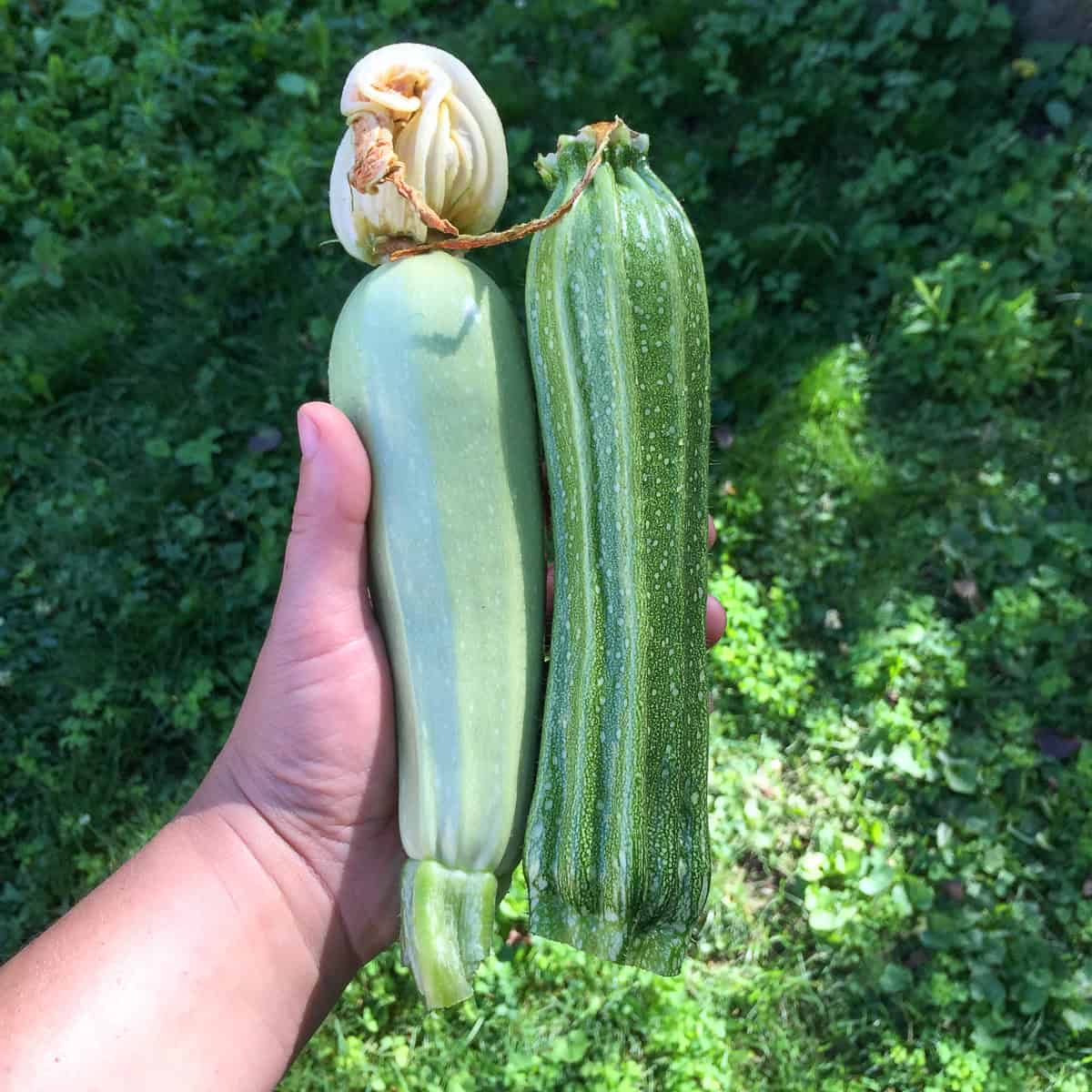
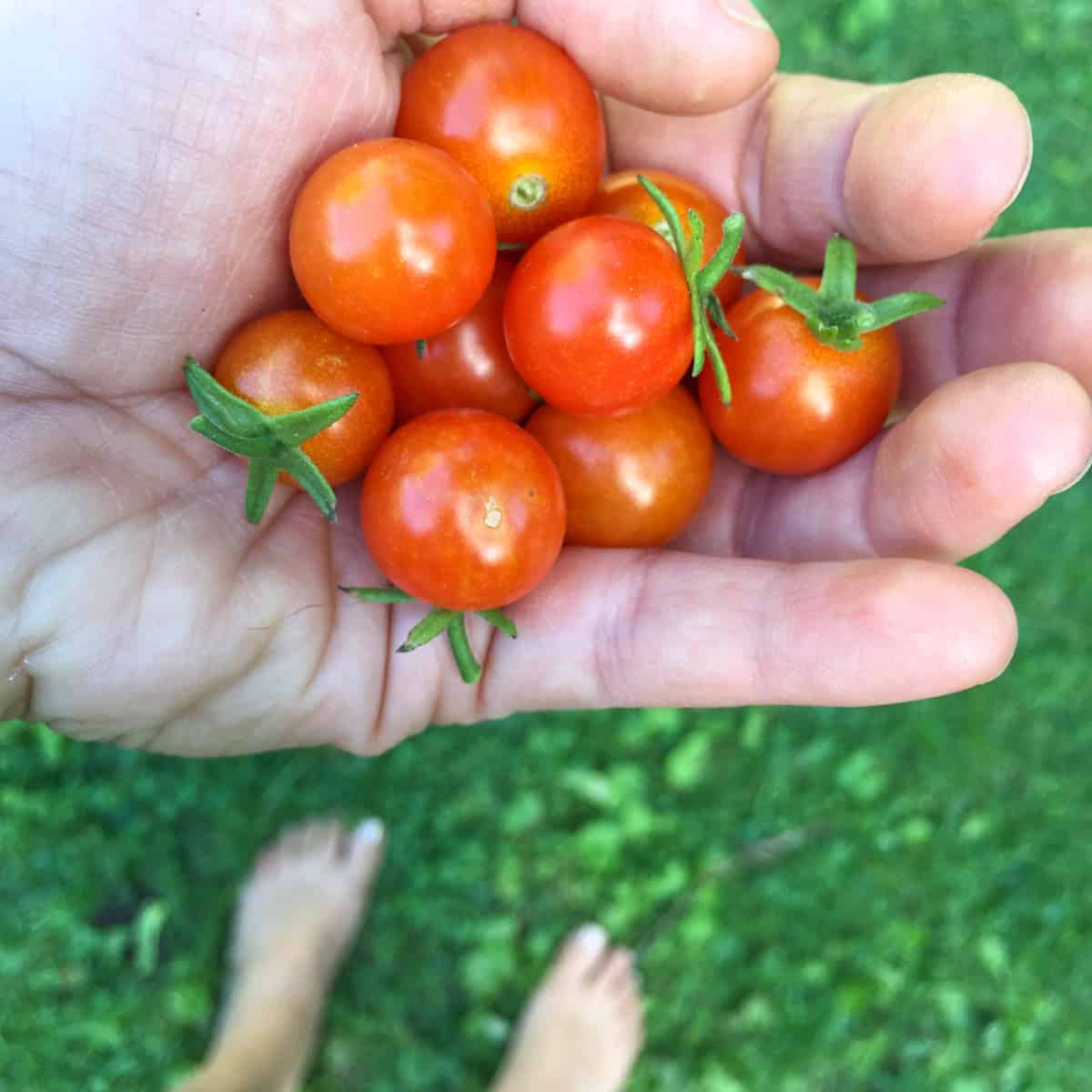
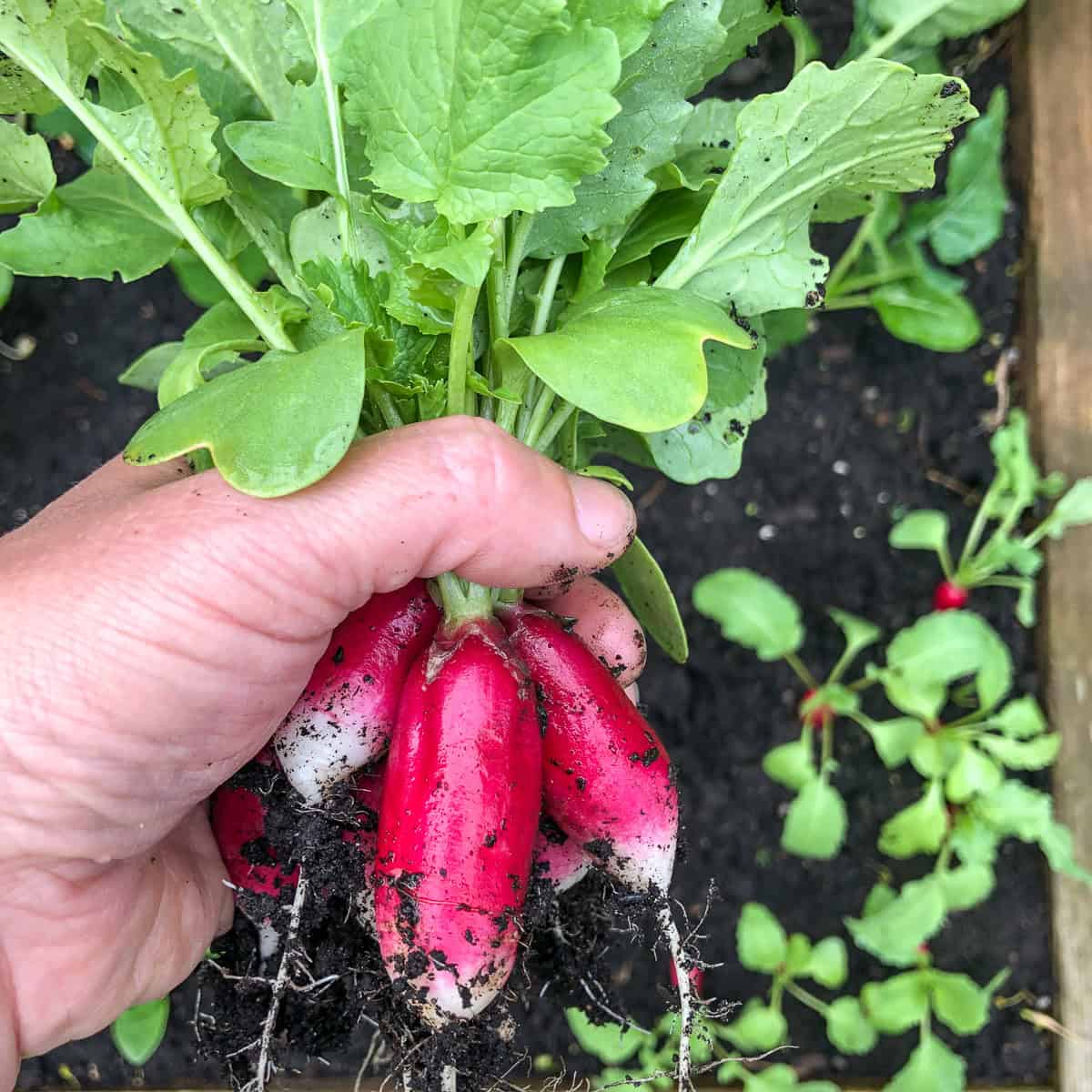
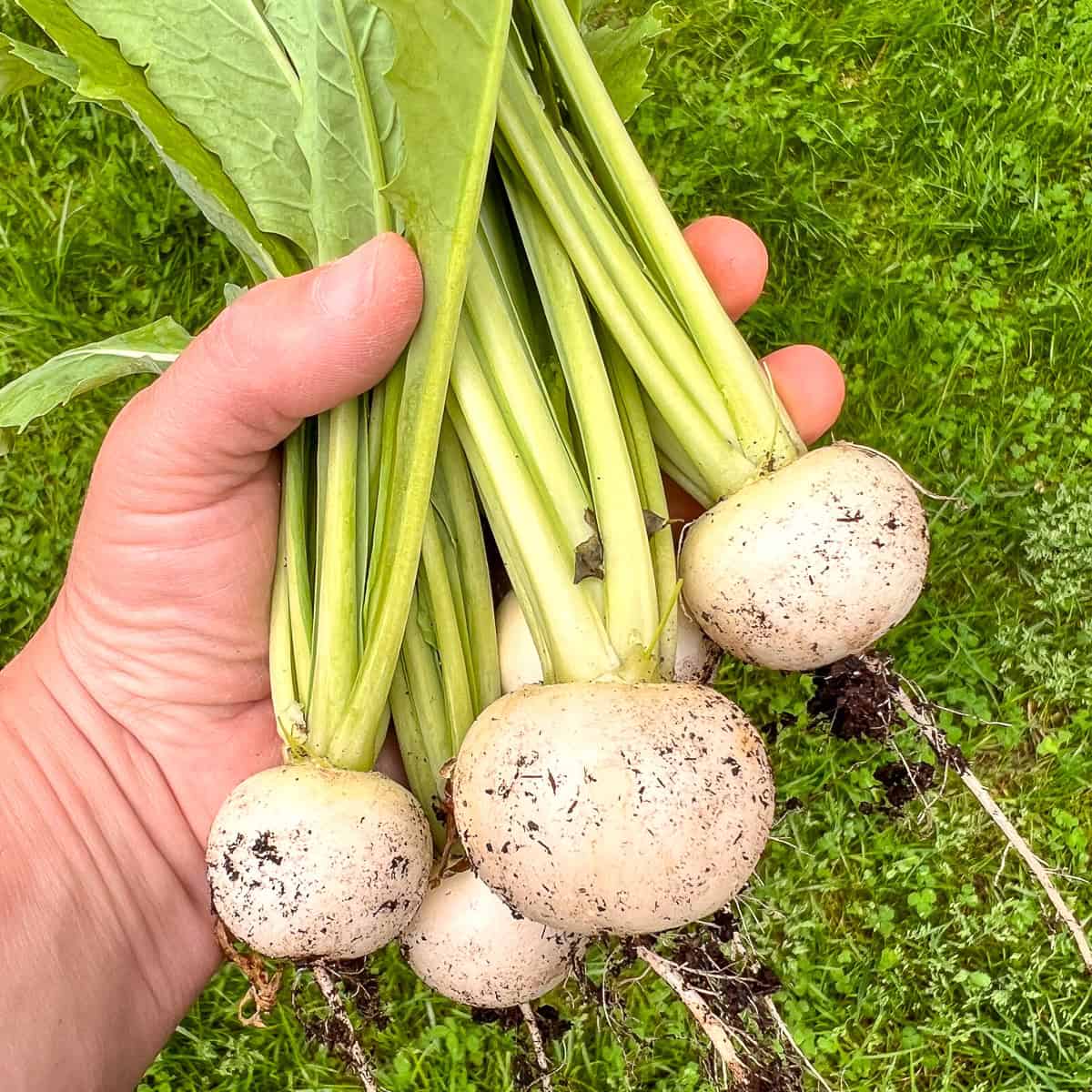
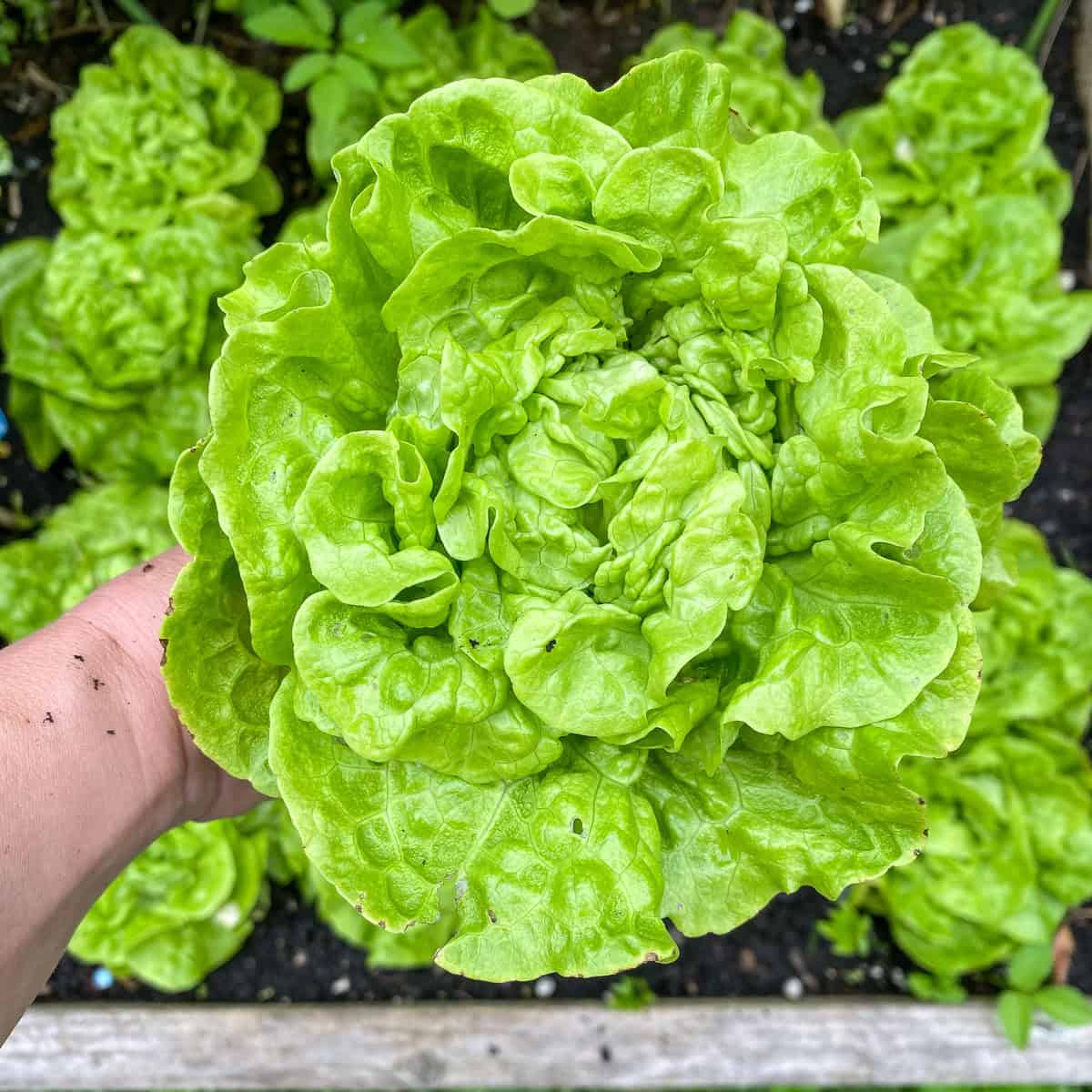
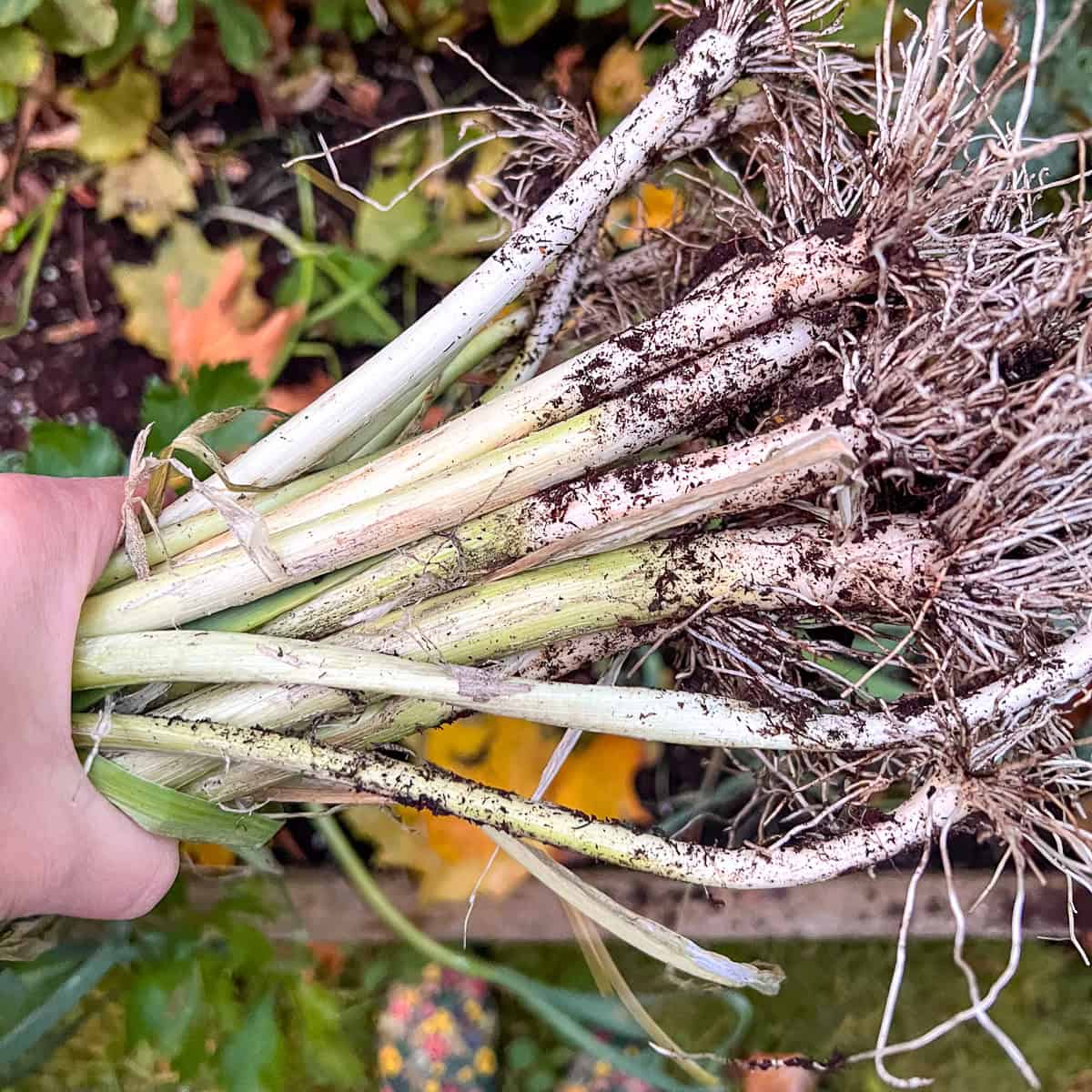
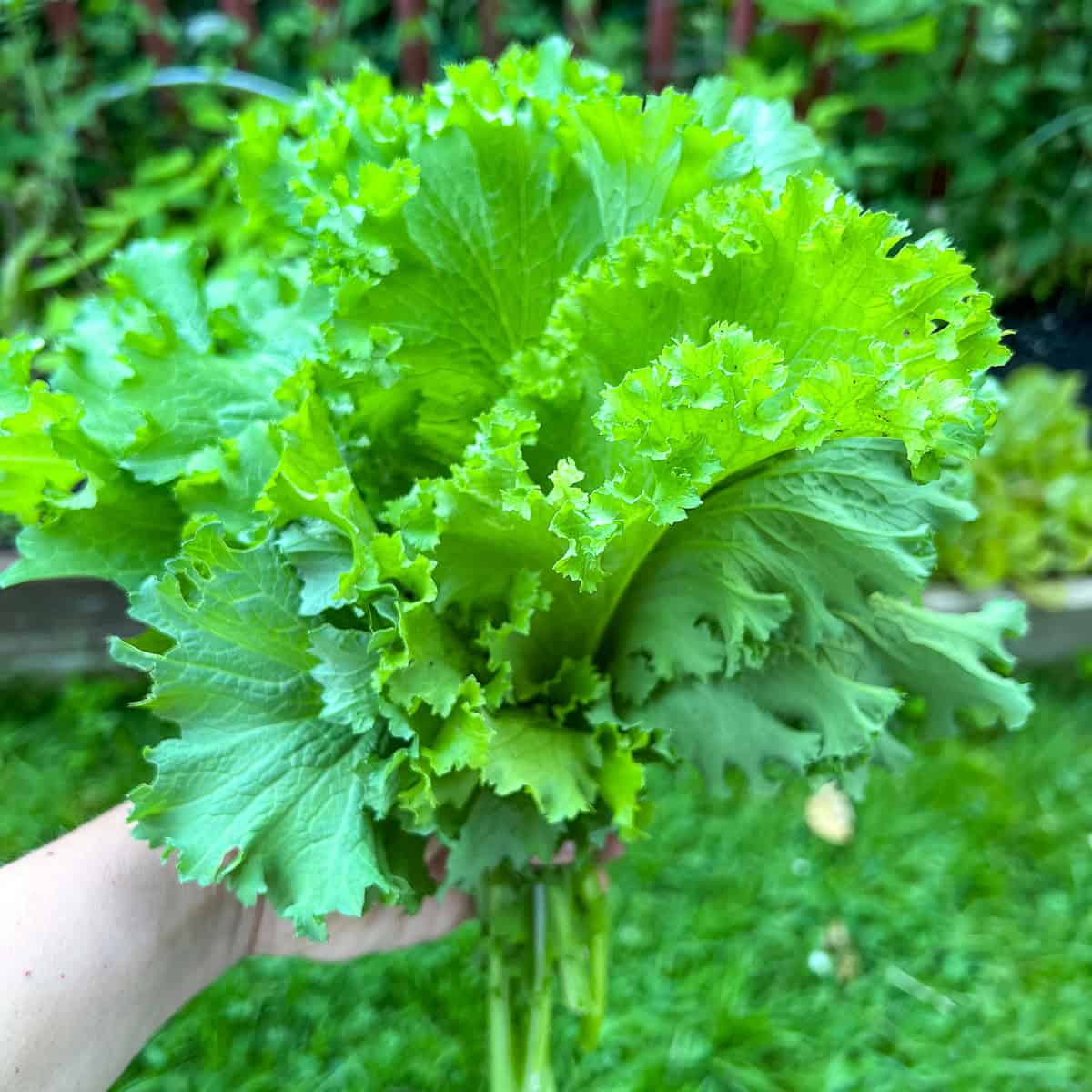
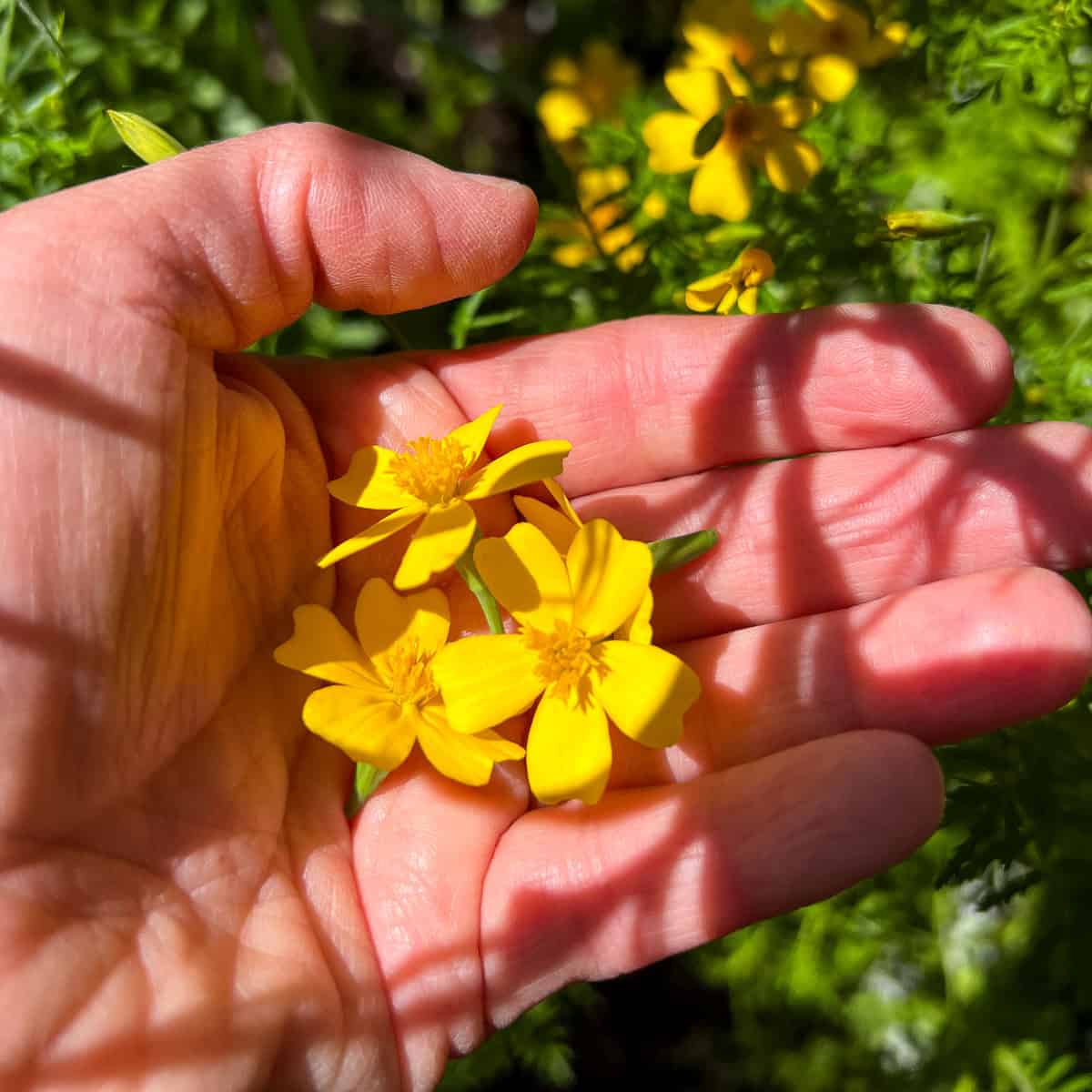
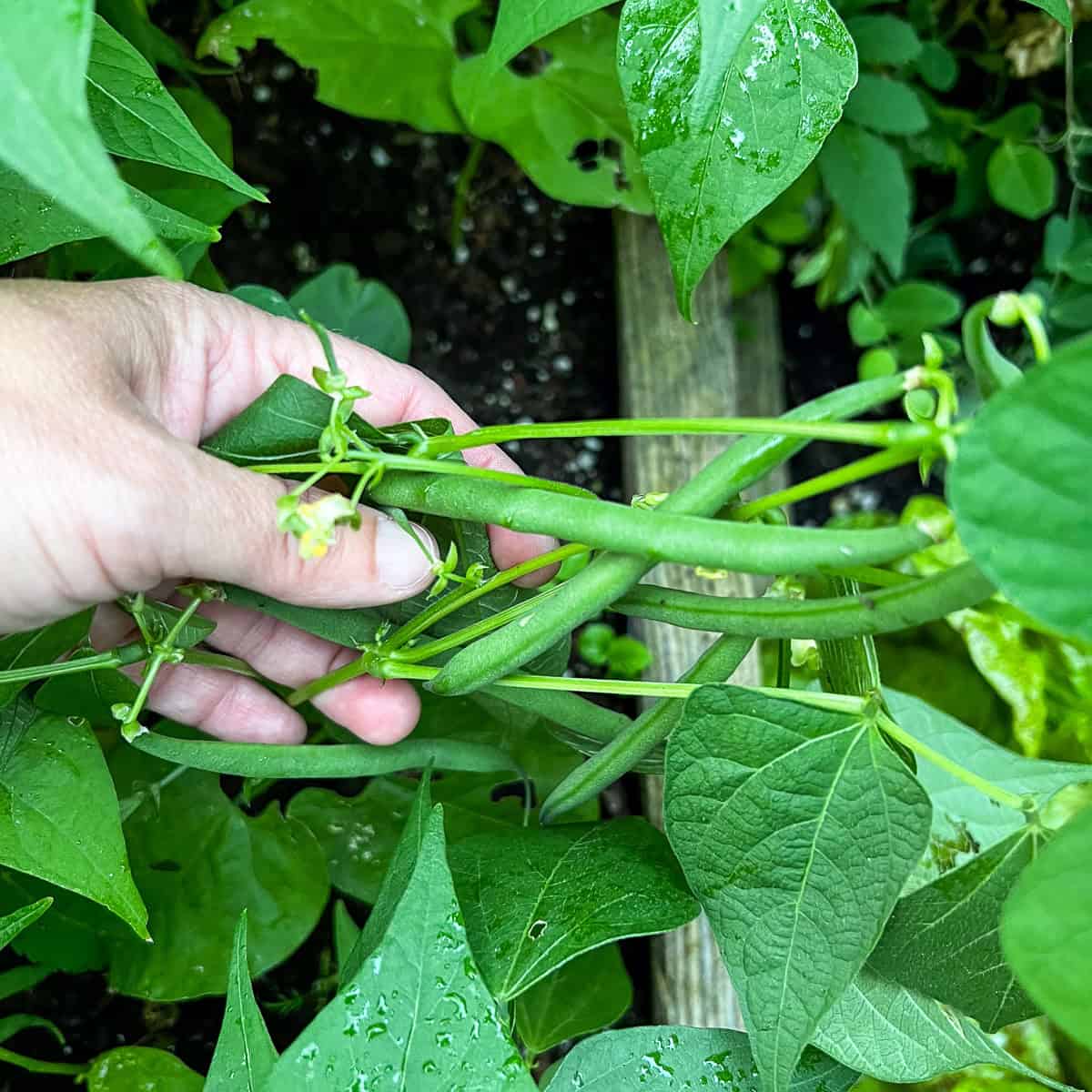
SFG: Gardening with few limits
The only limitations for Square Foot Gardening (SFG) might be plants with extremely long roots, such as some varieties of burdock for example, that might exceed the depth of your beds, as SFG takes place entirely above ground in raised beds or containers.
Plants that might take up too much space in your raised beds, such as the capacious leaves of zucchini may a bit too prodigious for your comfort if you have limited space, even though they can indeed be grown in just 1 or 2 square feet of space. I now grow my zucchini next to my raised beds in large fabric grow bags, giving them more room to spread out. I just consider the grow bags to be equivalent to one square foot, easy enough to do, as even though there is a definite system to follow, the SFG method is just so adaptable.
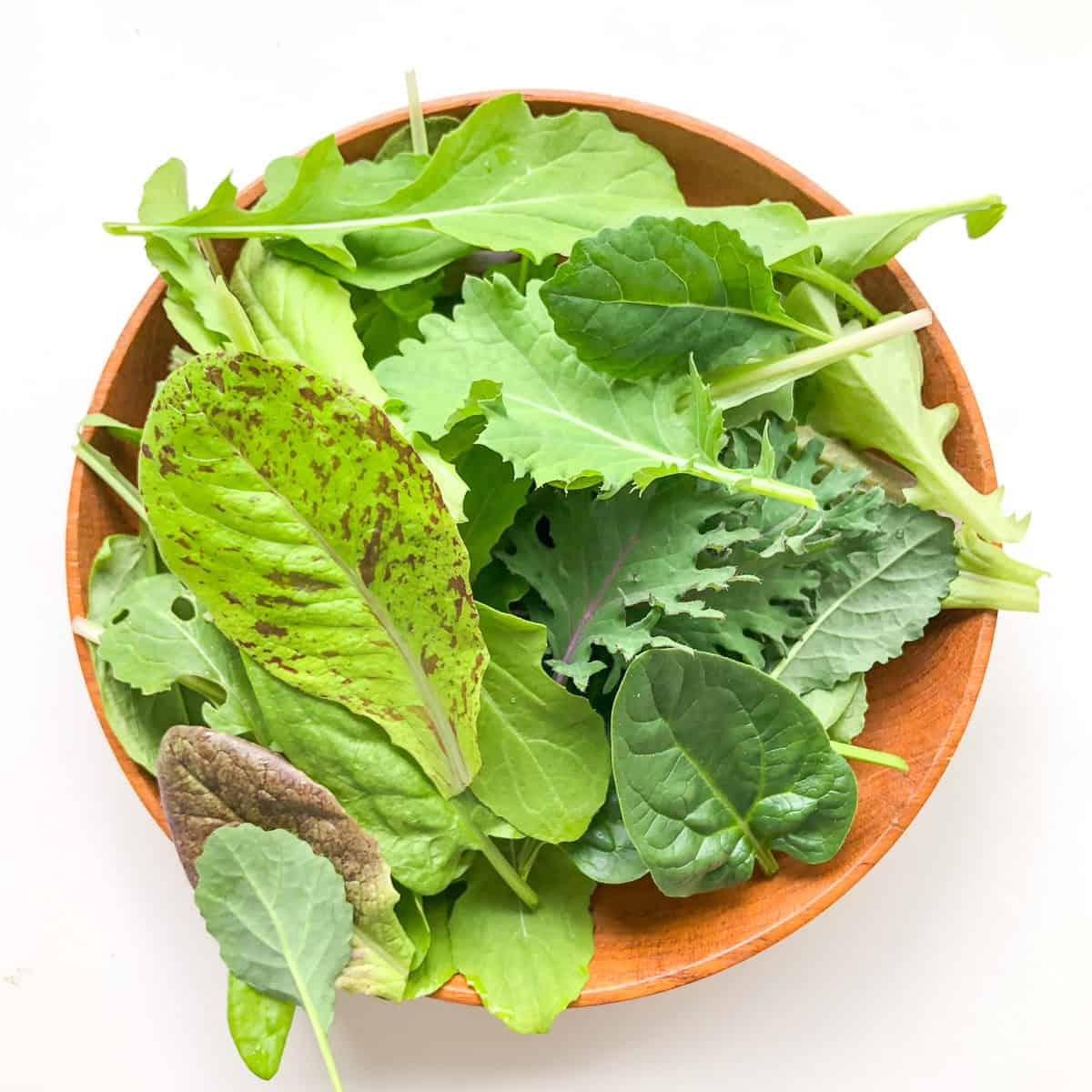
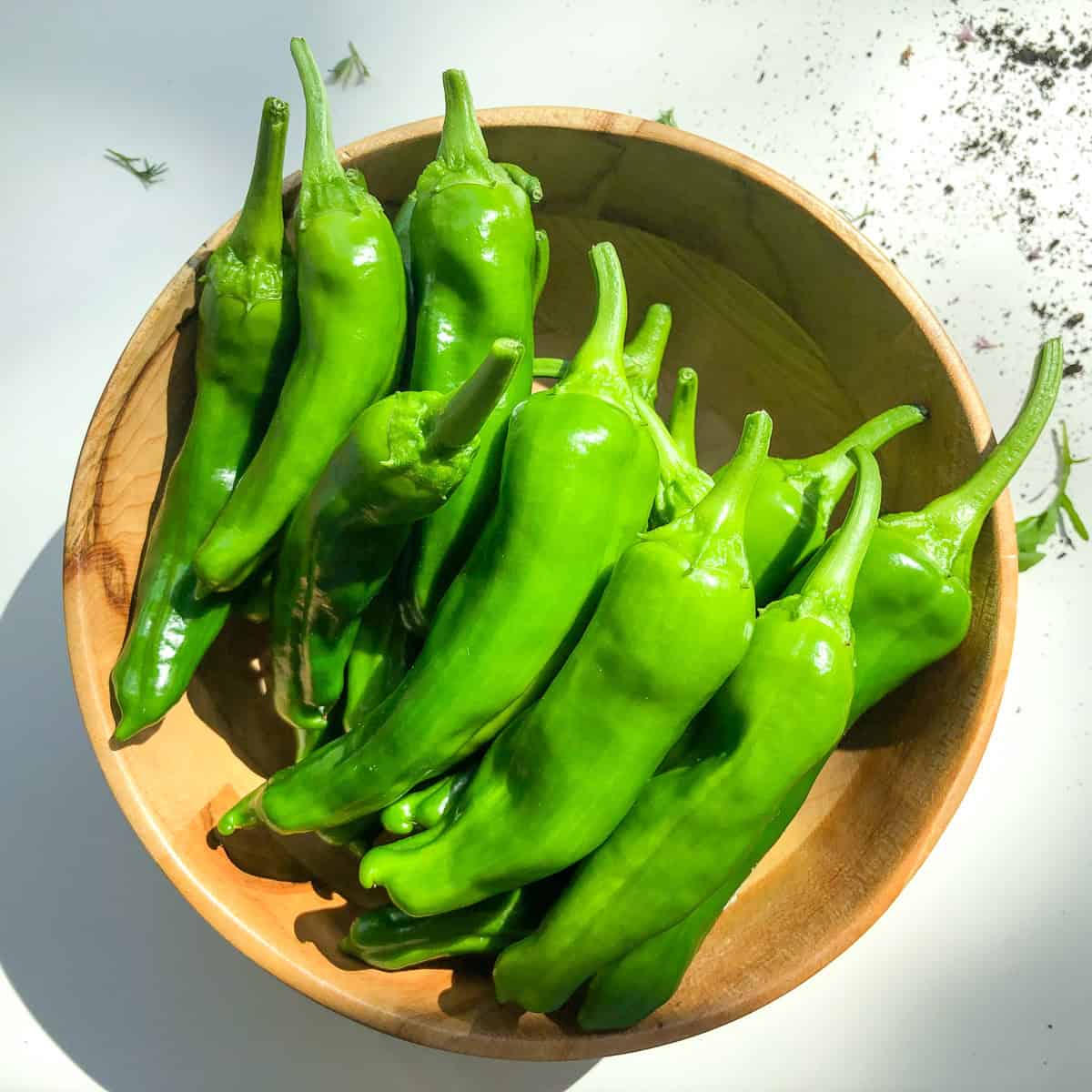
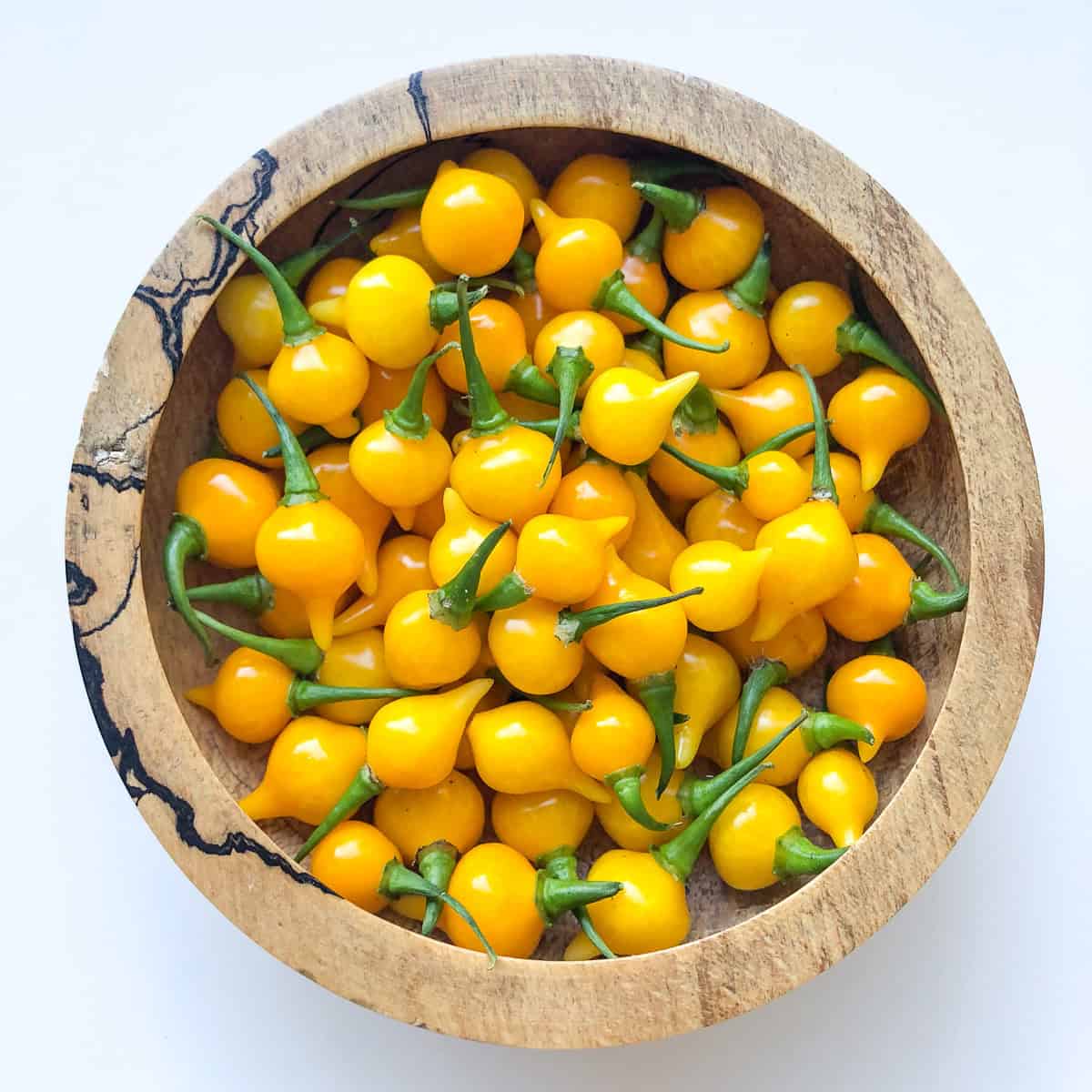
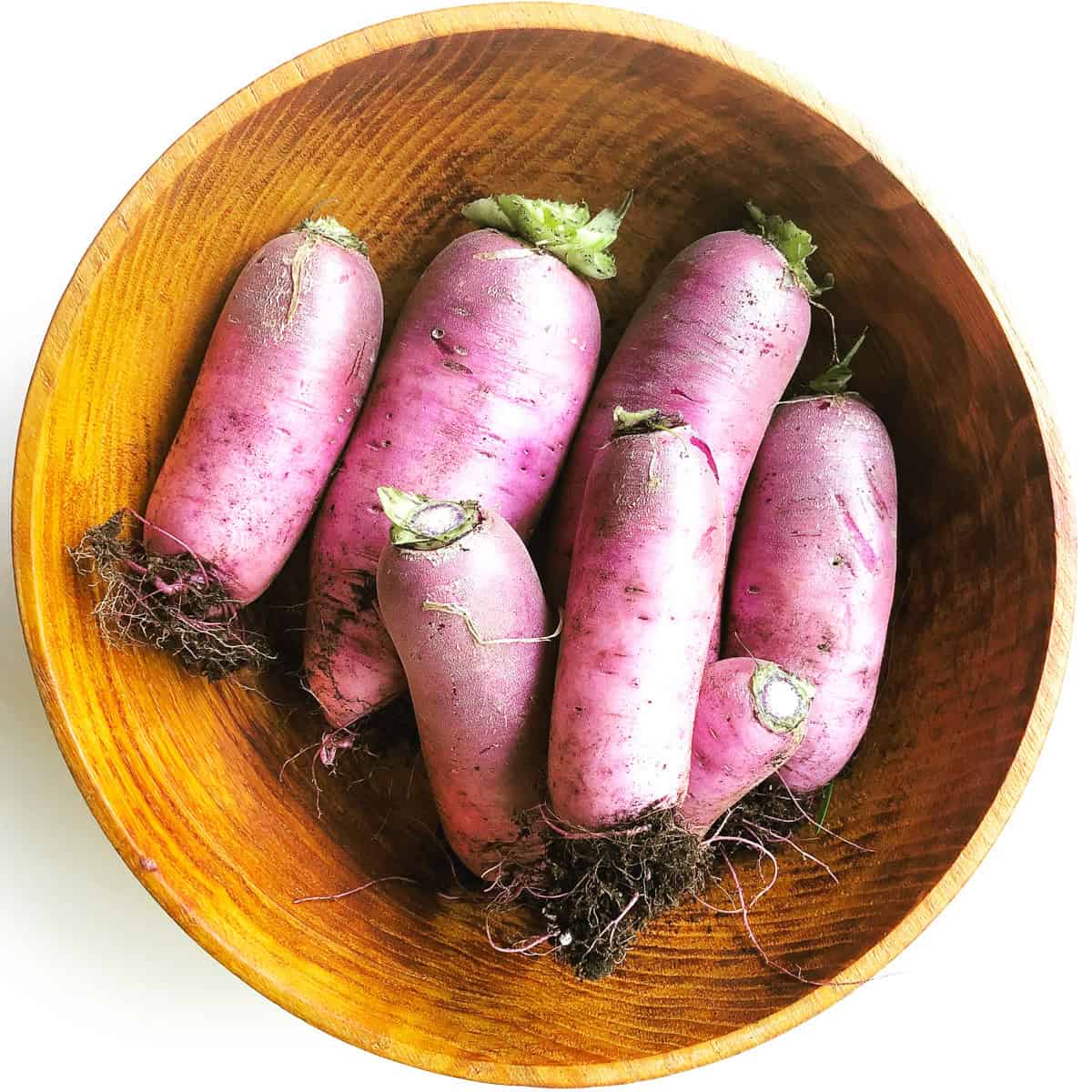
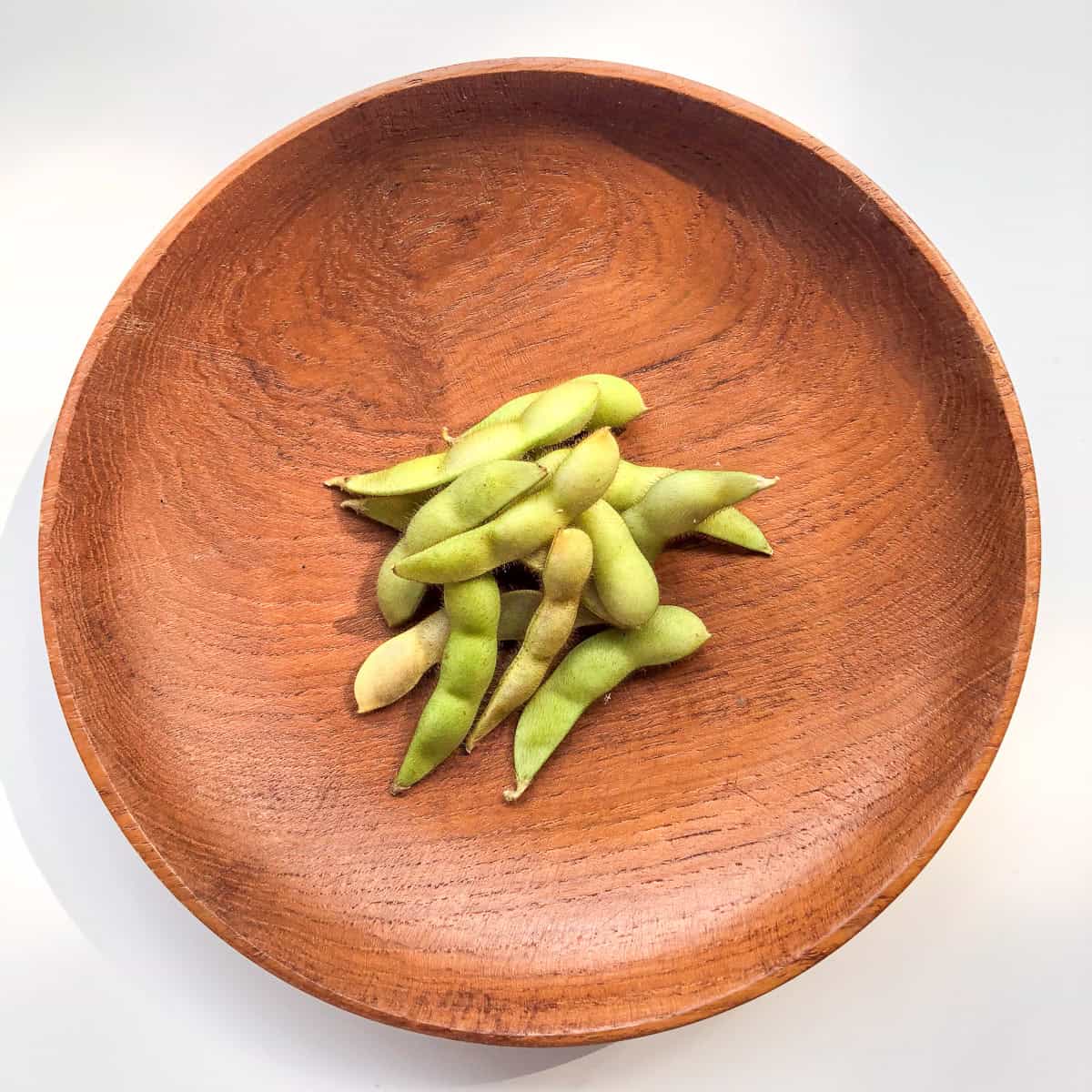
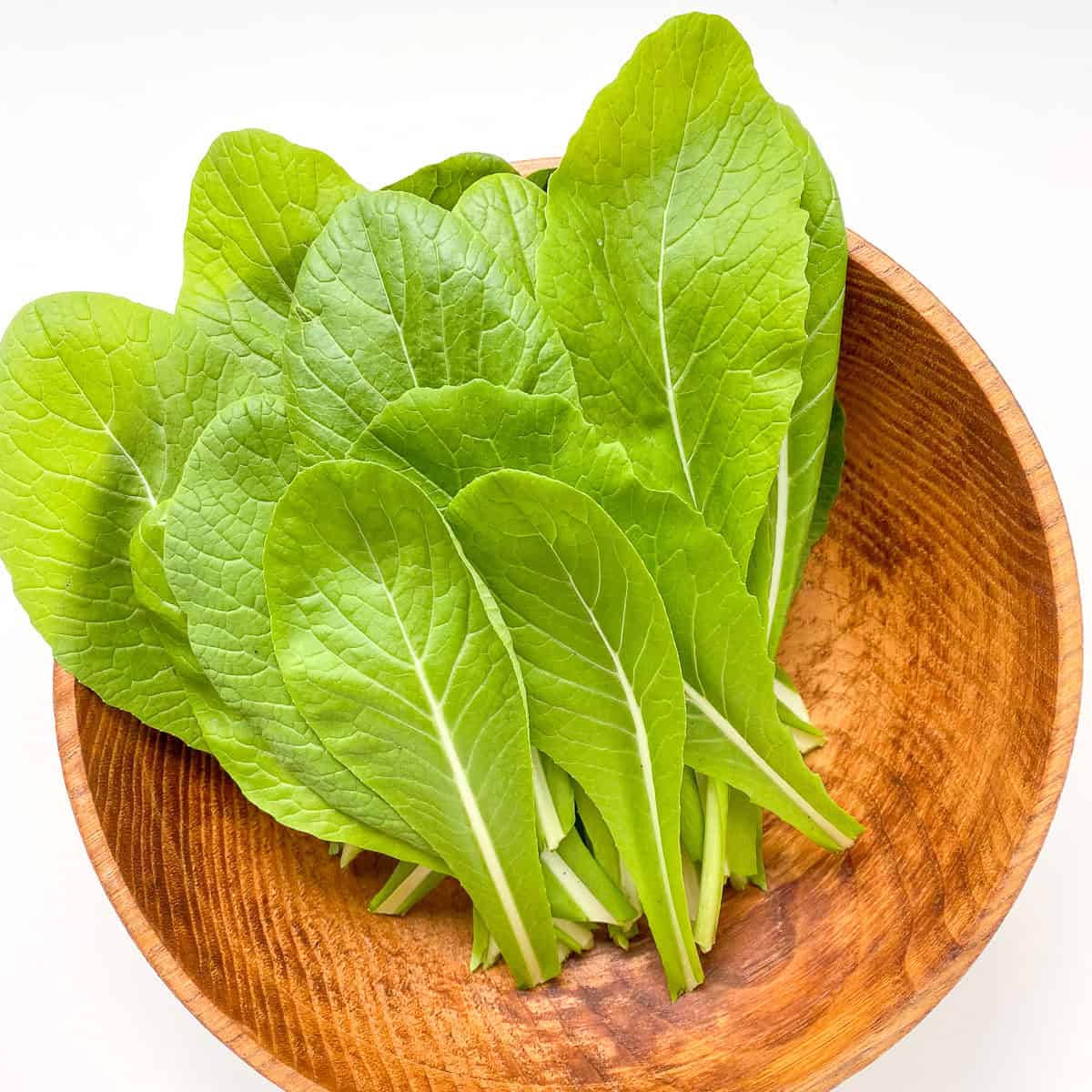
Suggestions for success
In your first year or two, I would suggest trying higher quality purchased seedlings: kale, tomatoes, snap peas or snow peas, lettuces, chard, and most herbs. If you want to try planting from seed, try easy to grow radishes, baby mustard greens, mizuna, lettuce mixes, arugula, sorrel, and zucchini.
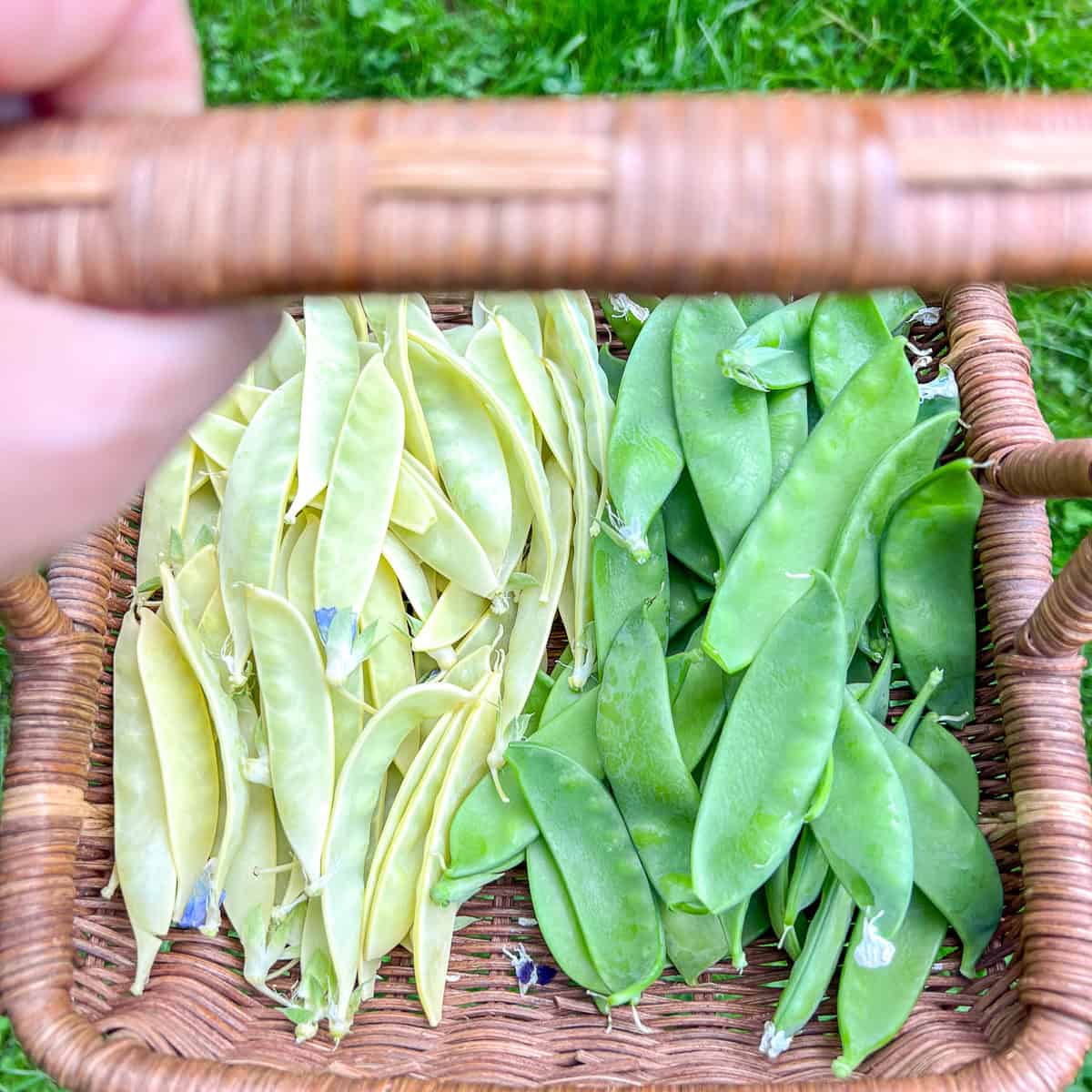
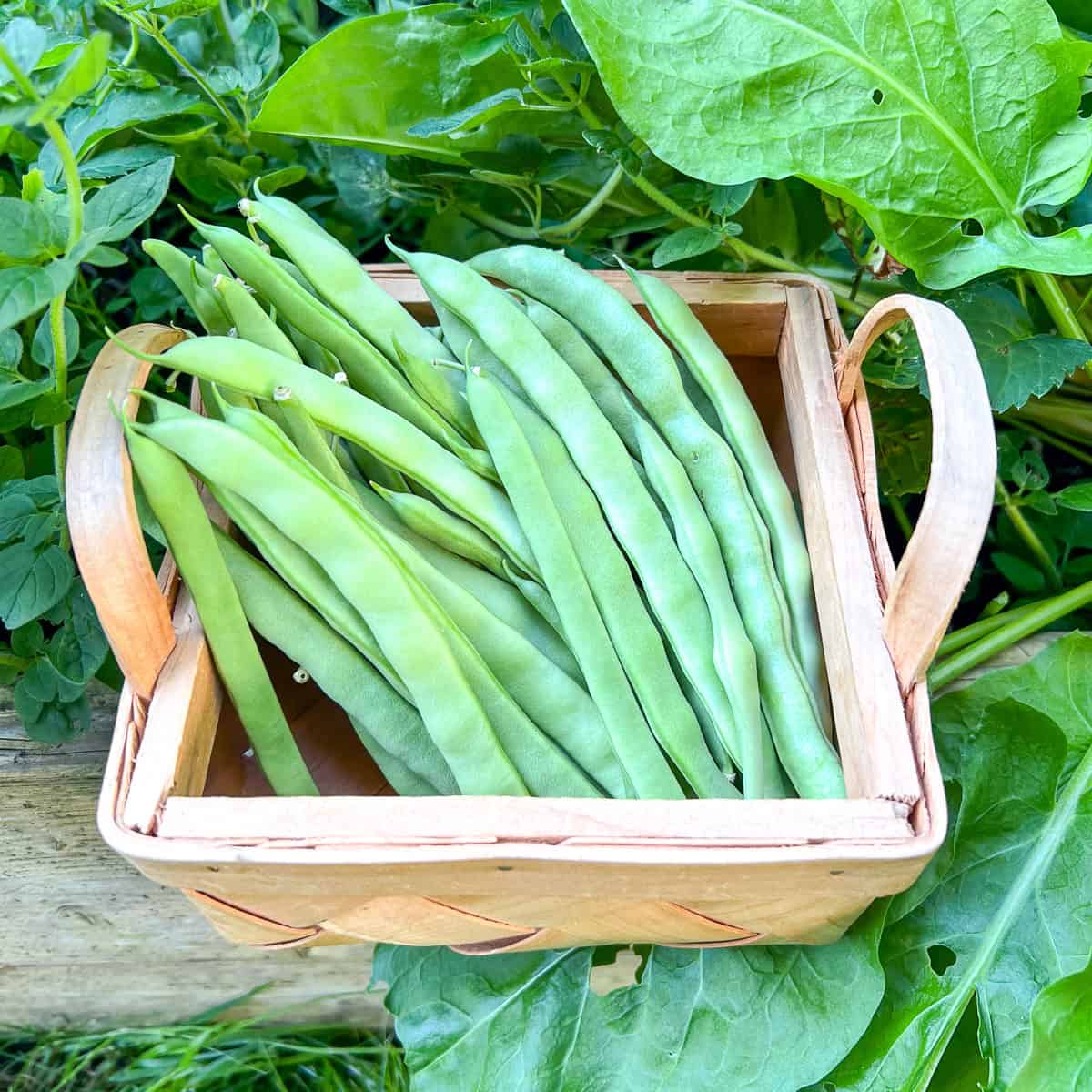
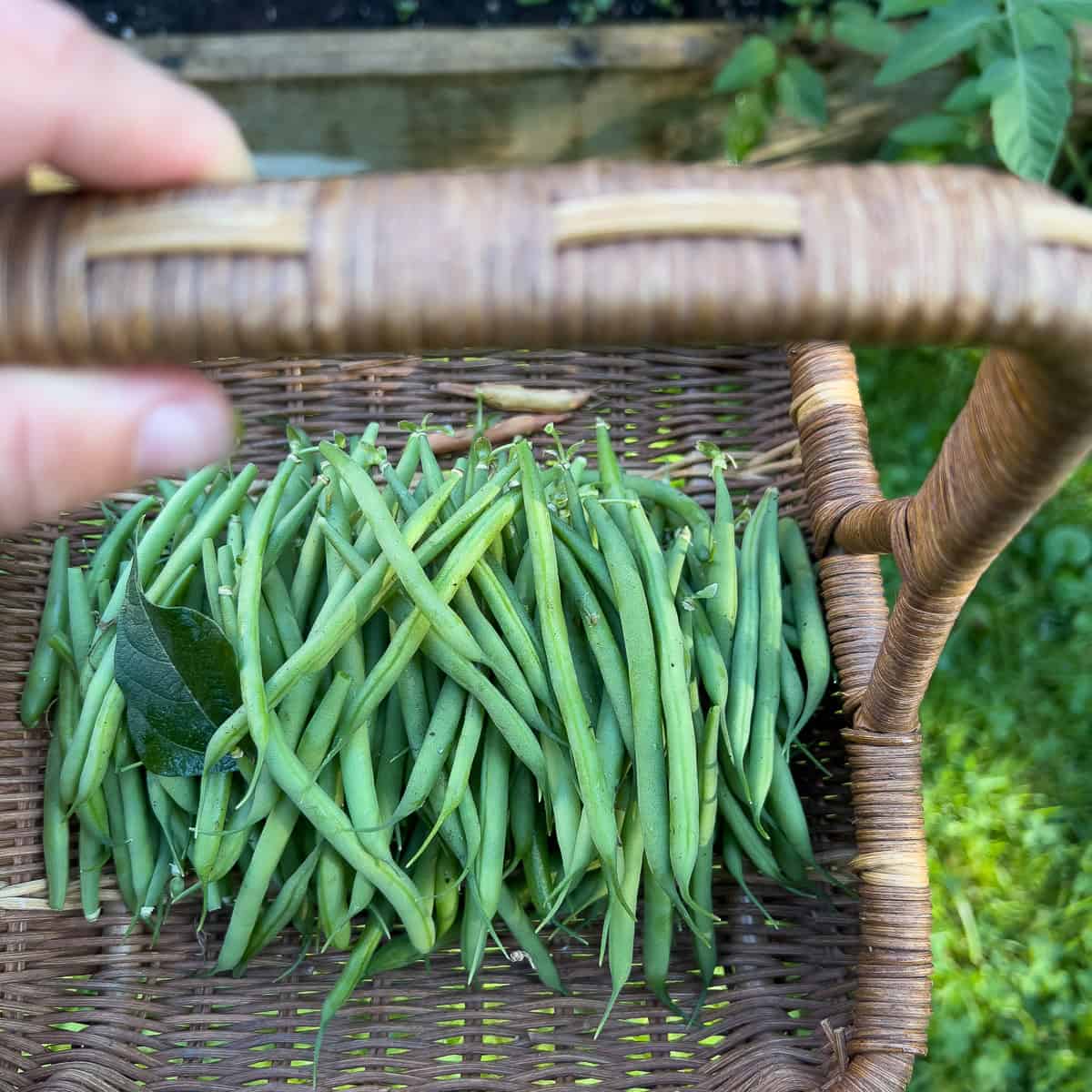
If you come across a rhubarb crown, this is a great item to plant in a sunny undisturbed corner of your garden, directly in the ground if soil conditions allow, that will keep coming back year after year, providing you with an encouraging annual harvest that requires little to no tending.
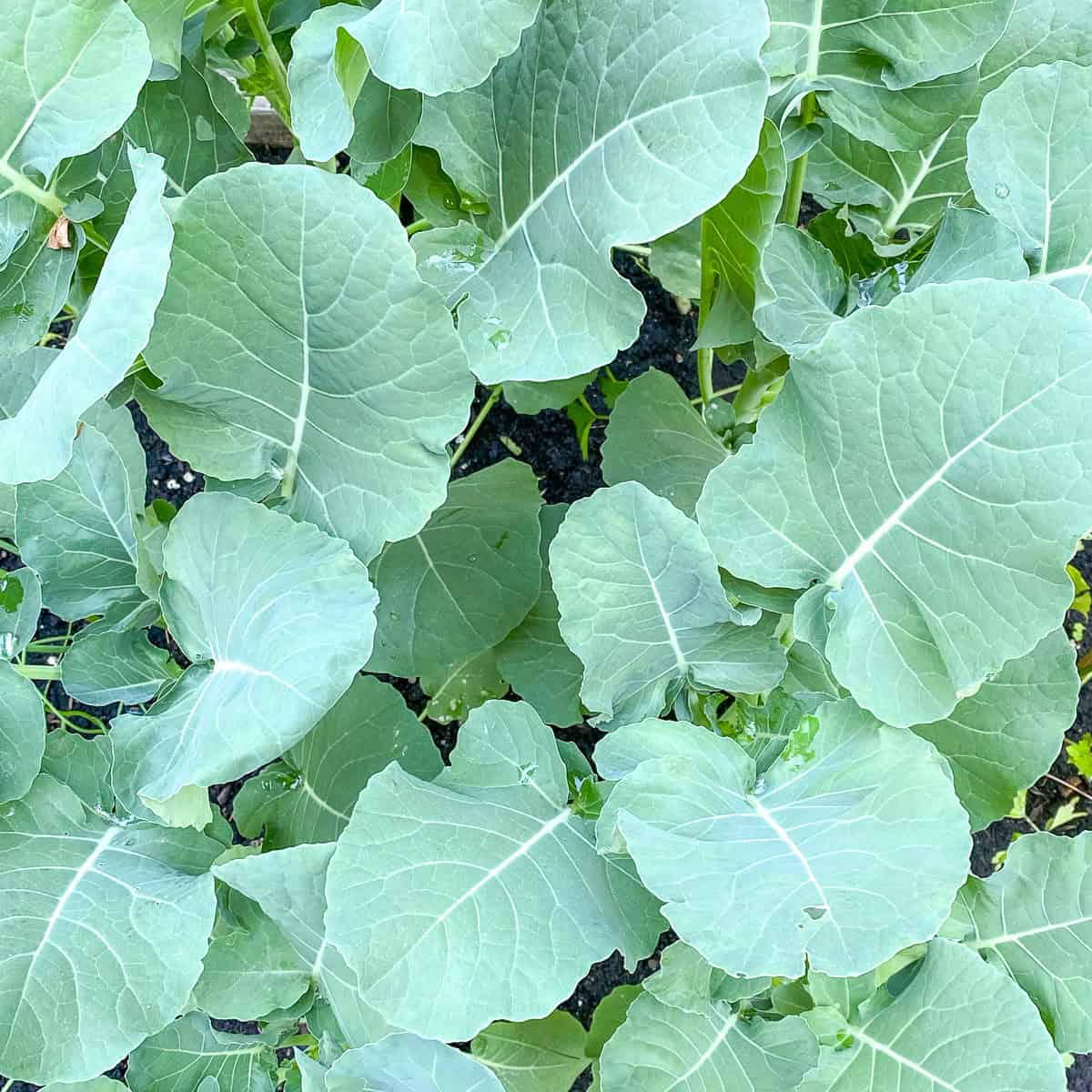
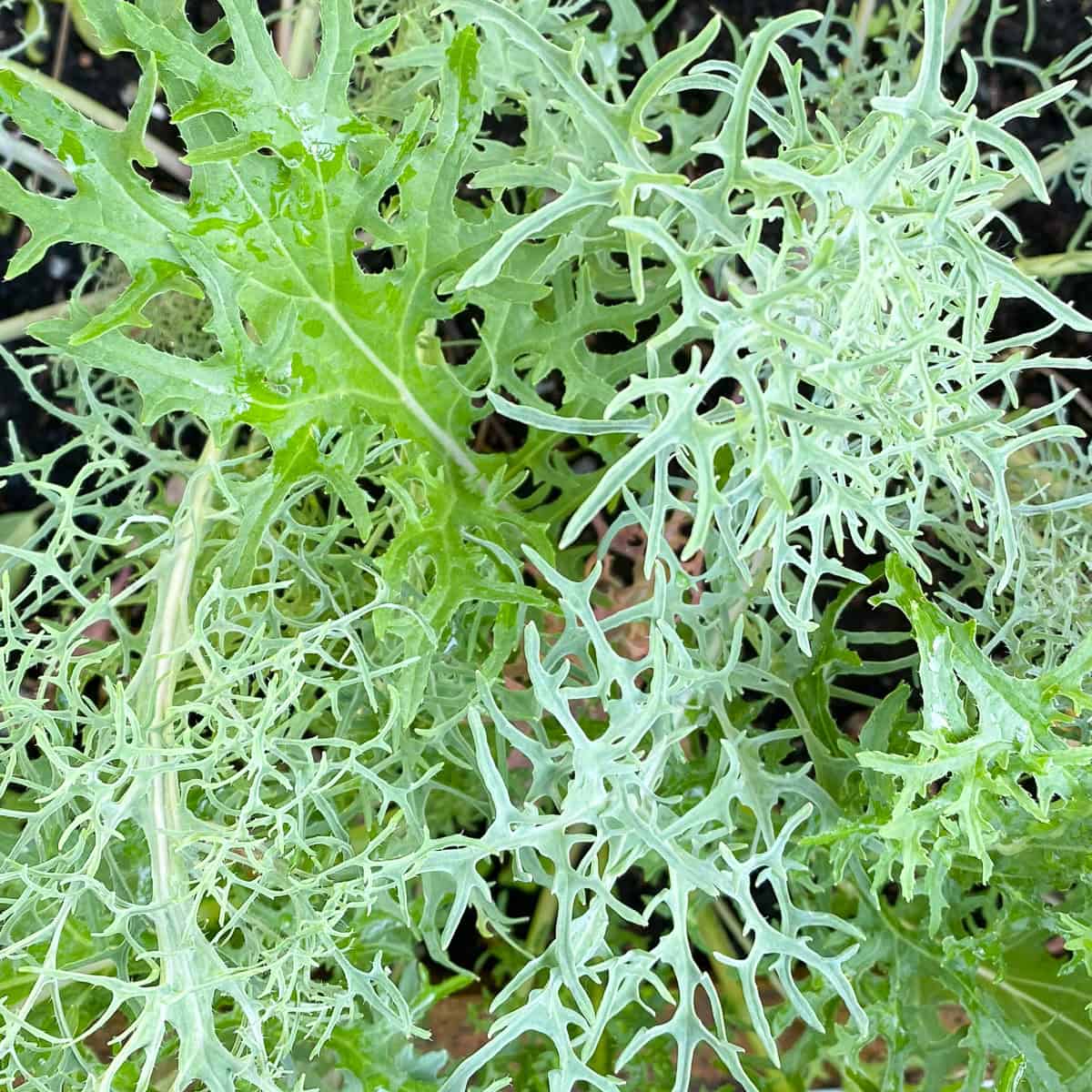
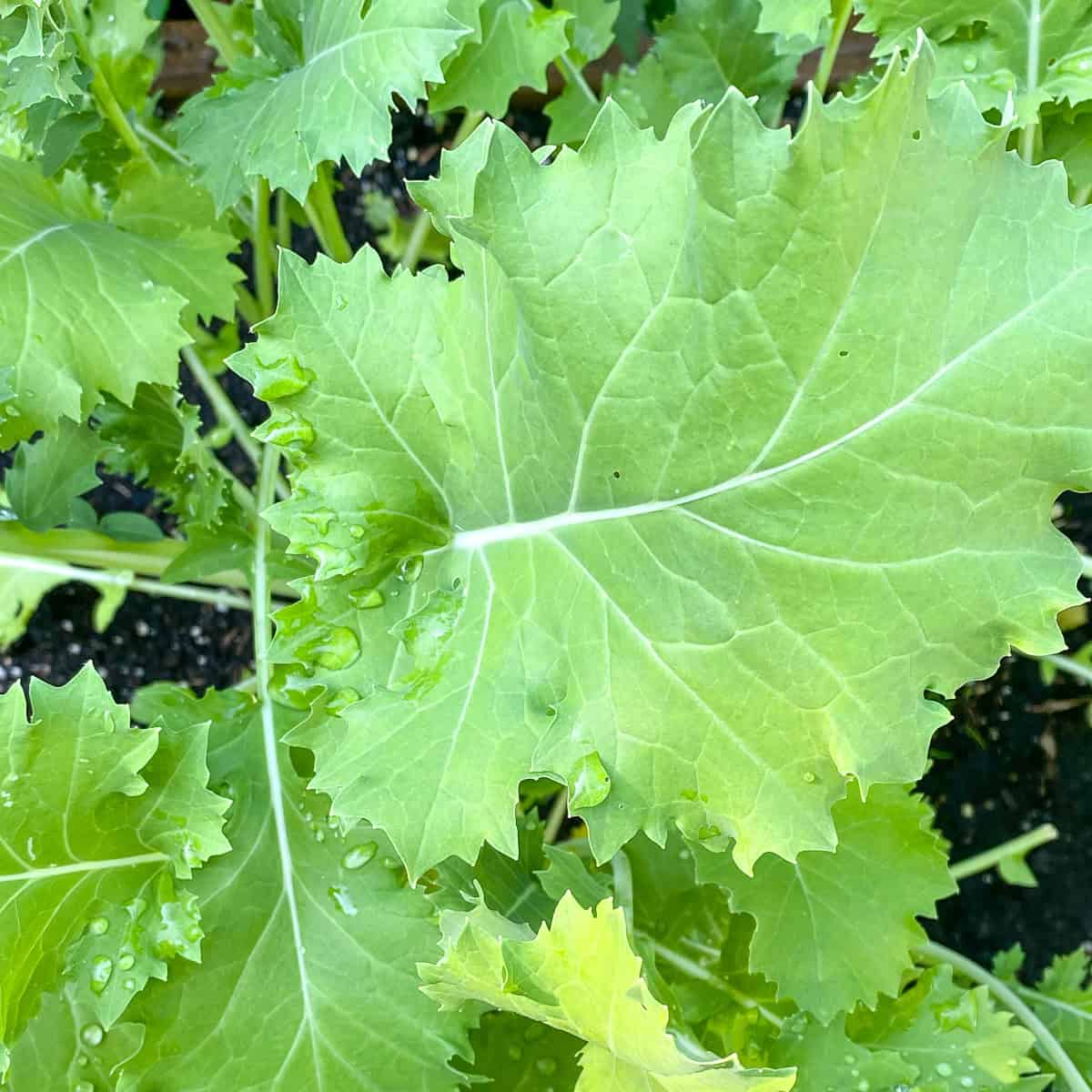
Once you have had your first successful growing season, your gardening will evolve and diversify intuitively and organically, as you continue to incorporate the knowledge gained from your own growing experience, new ideas, and advice from other growers. I highly suggest joining a local growing group or club and attending seed swaps, both amazing sources of encouragement, advice, and knowledge.
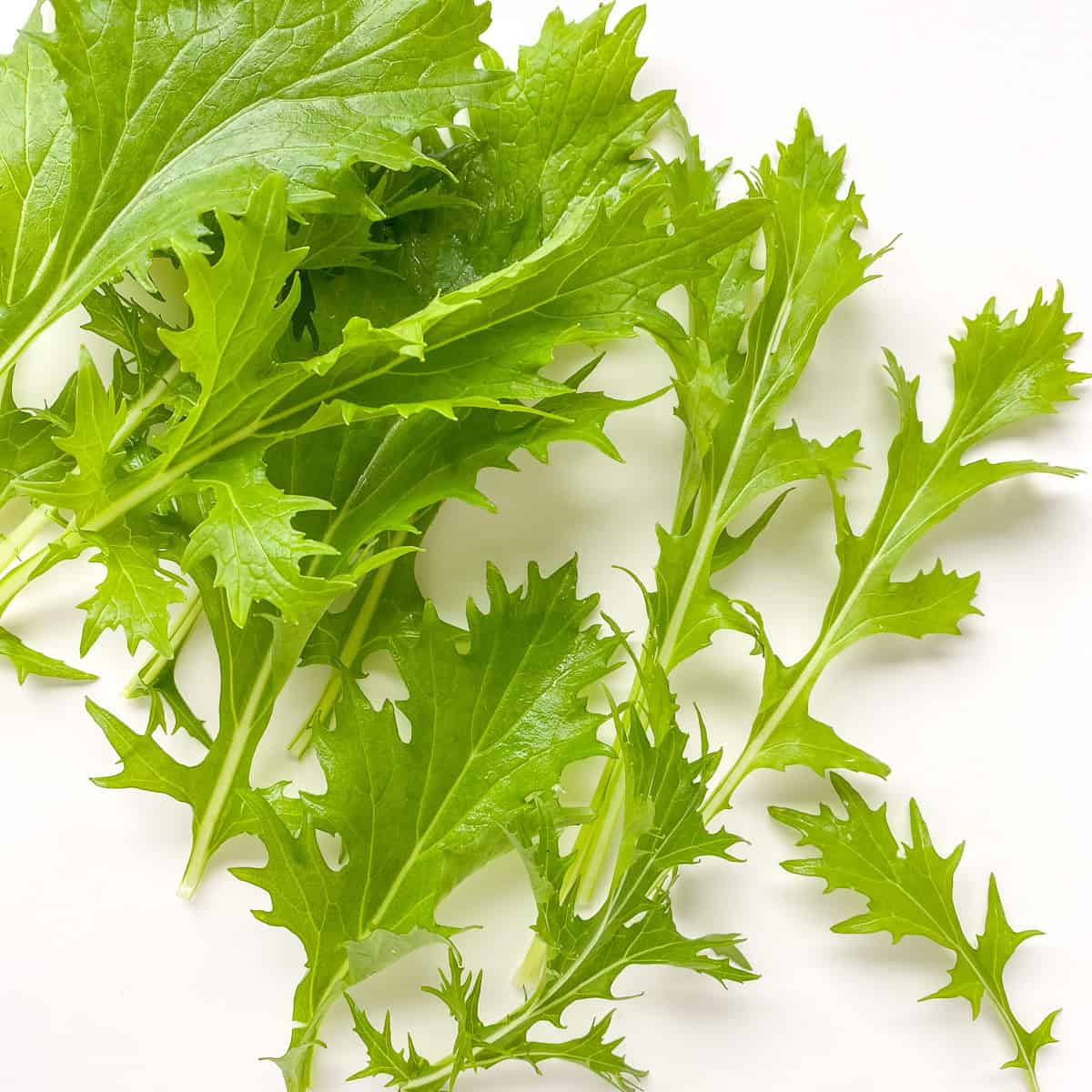
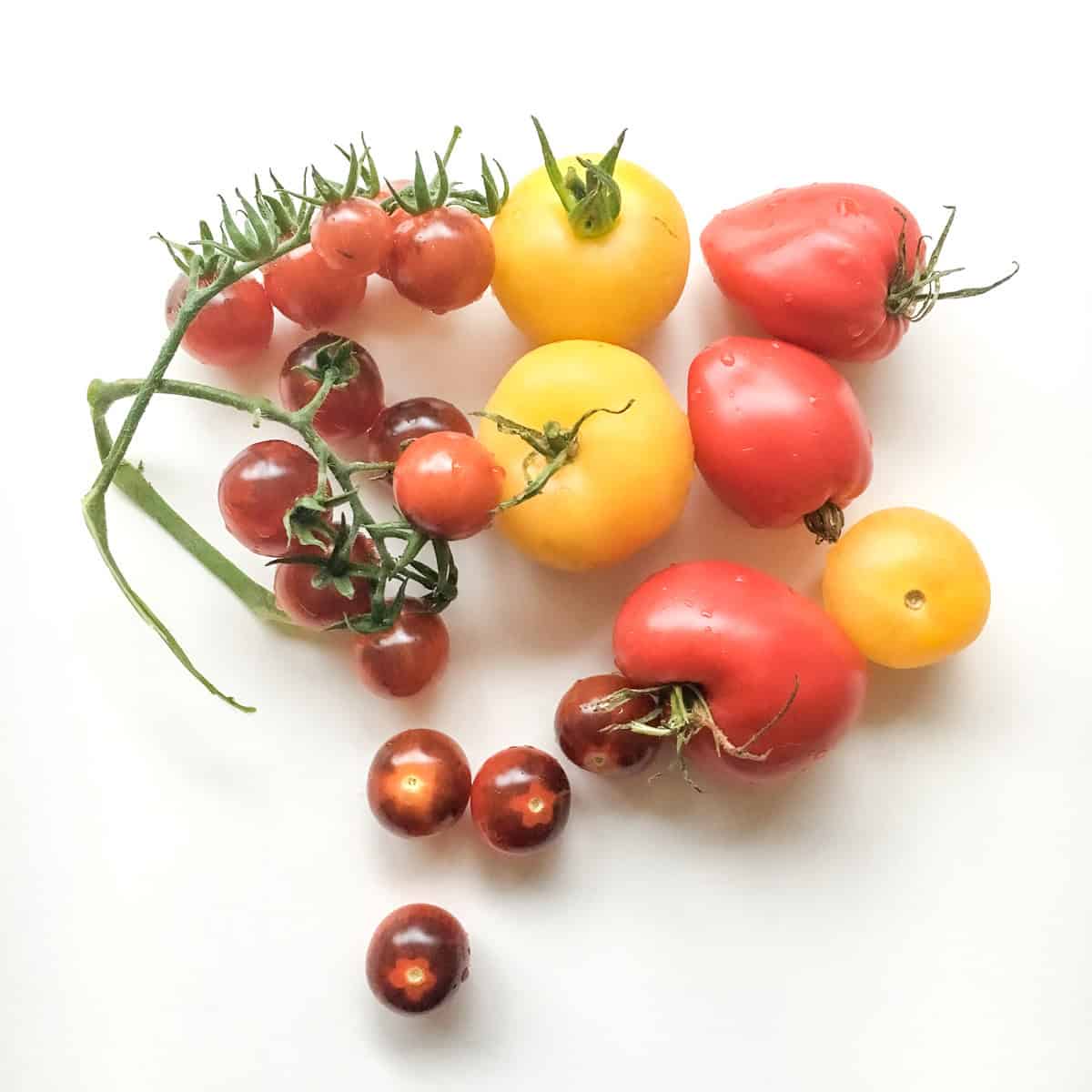
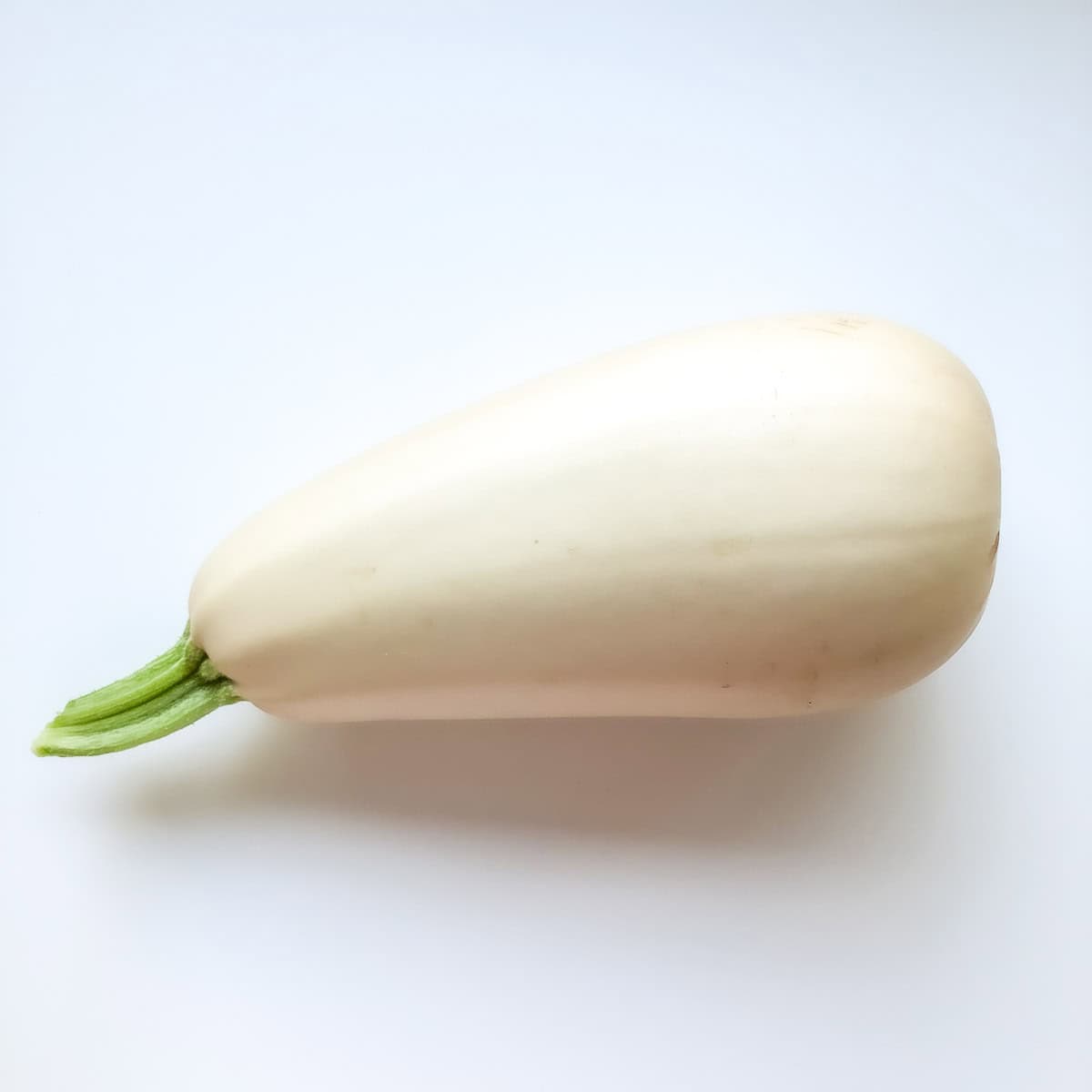
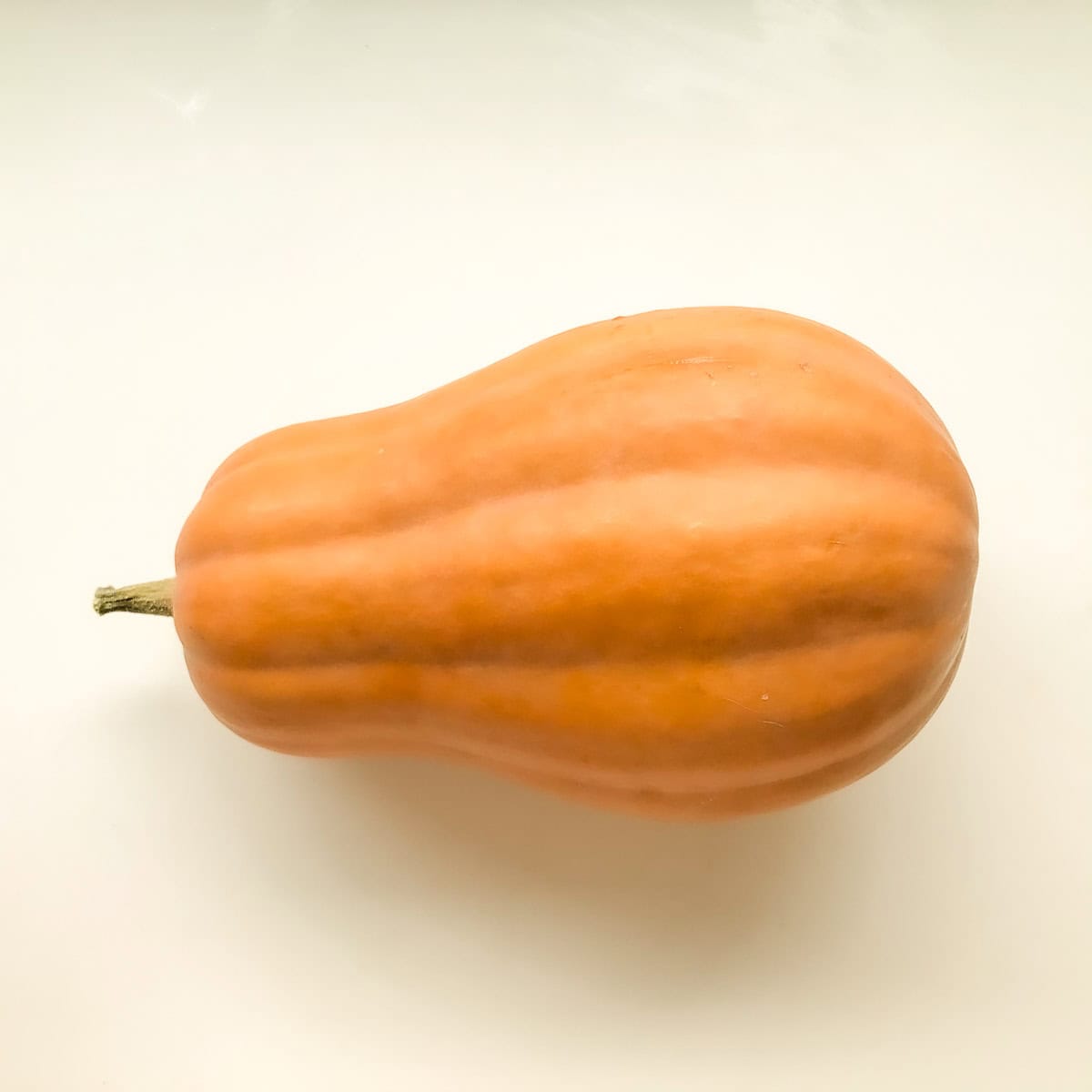
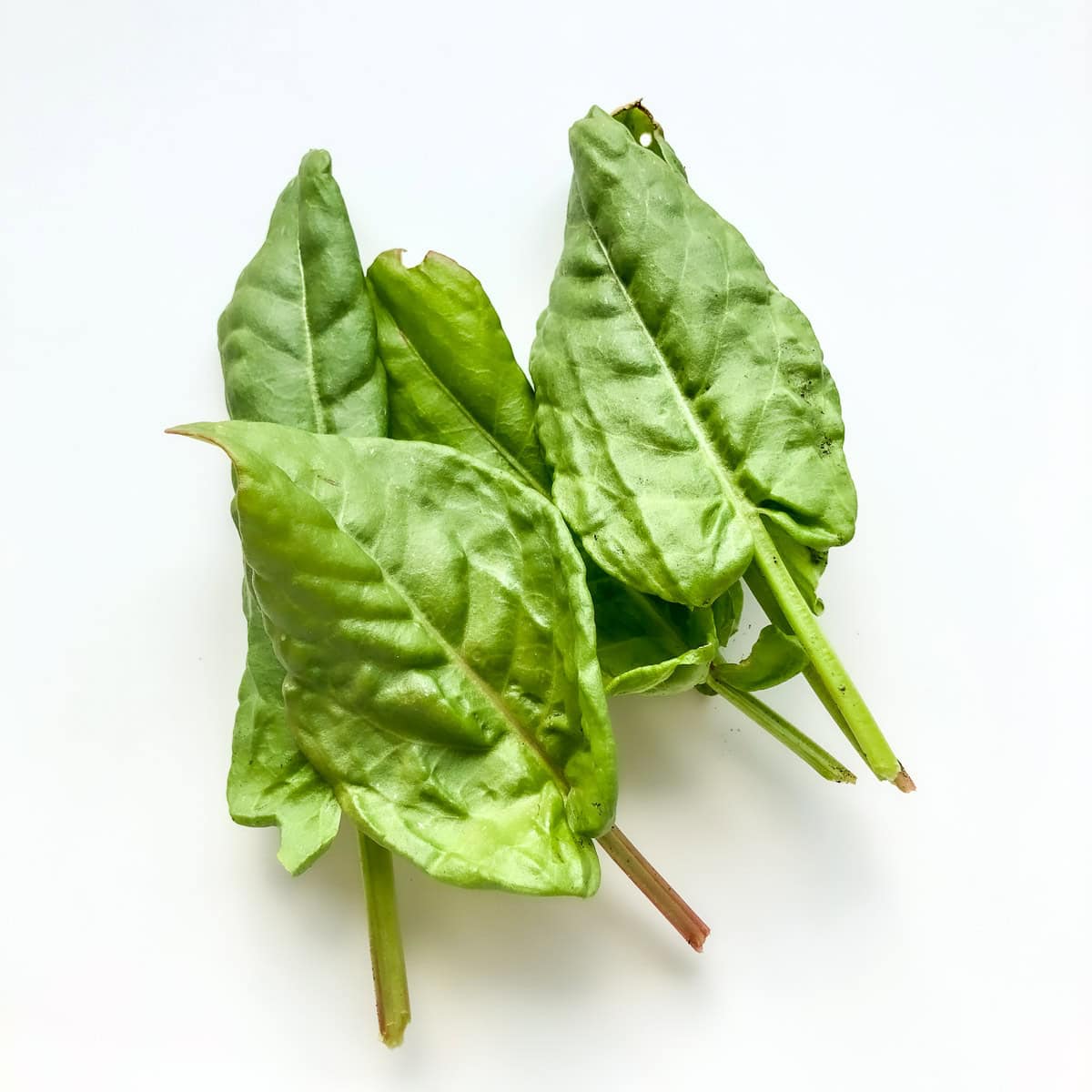
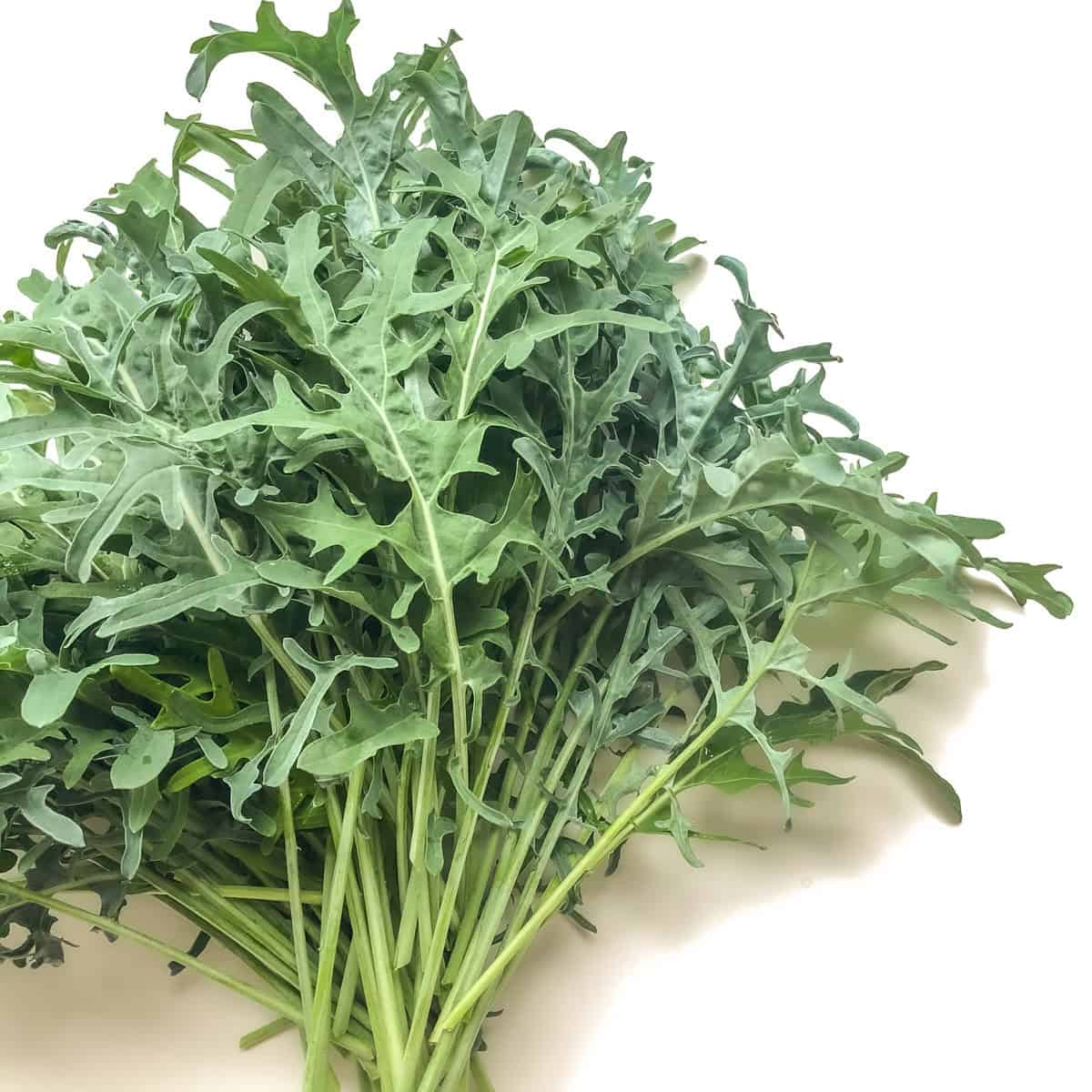
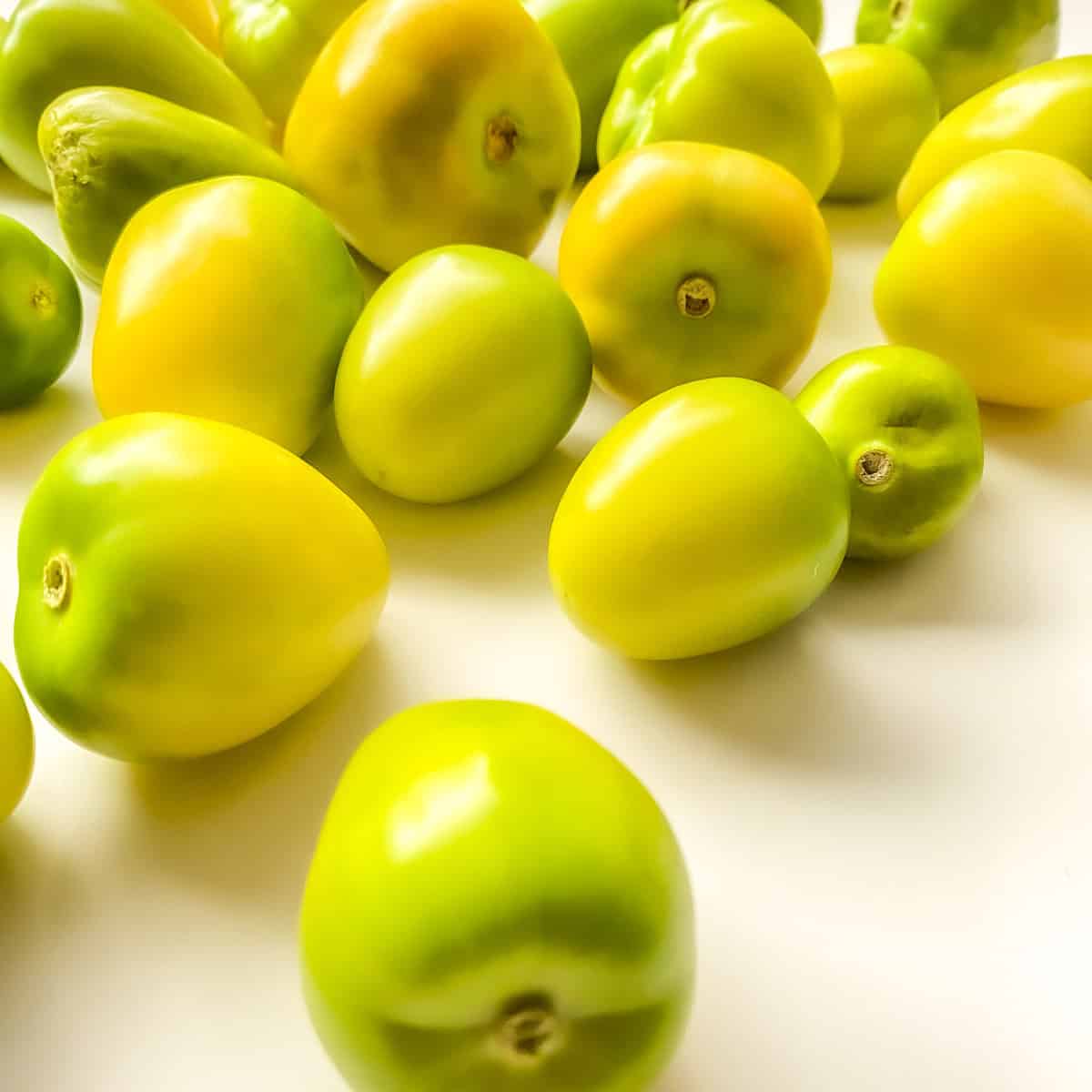
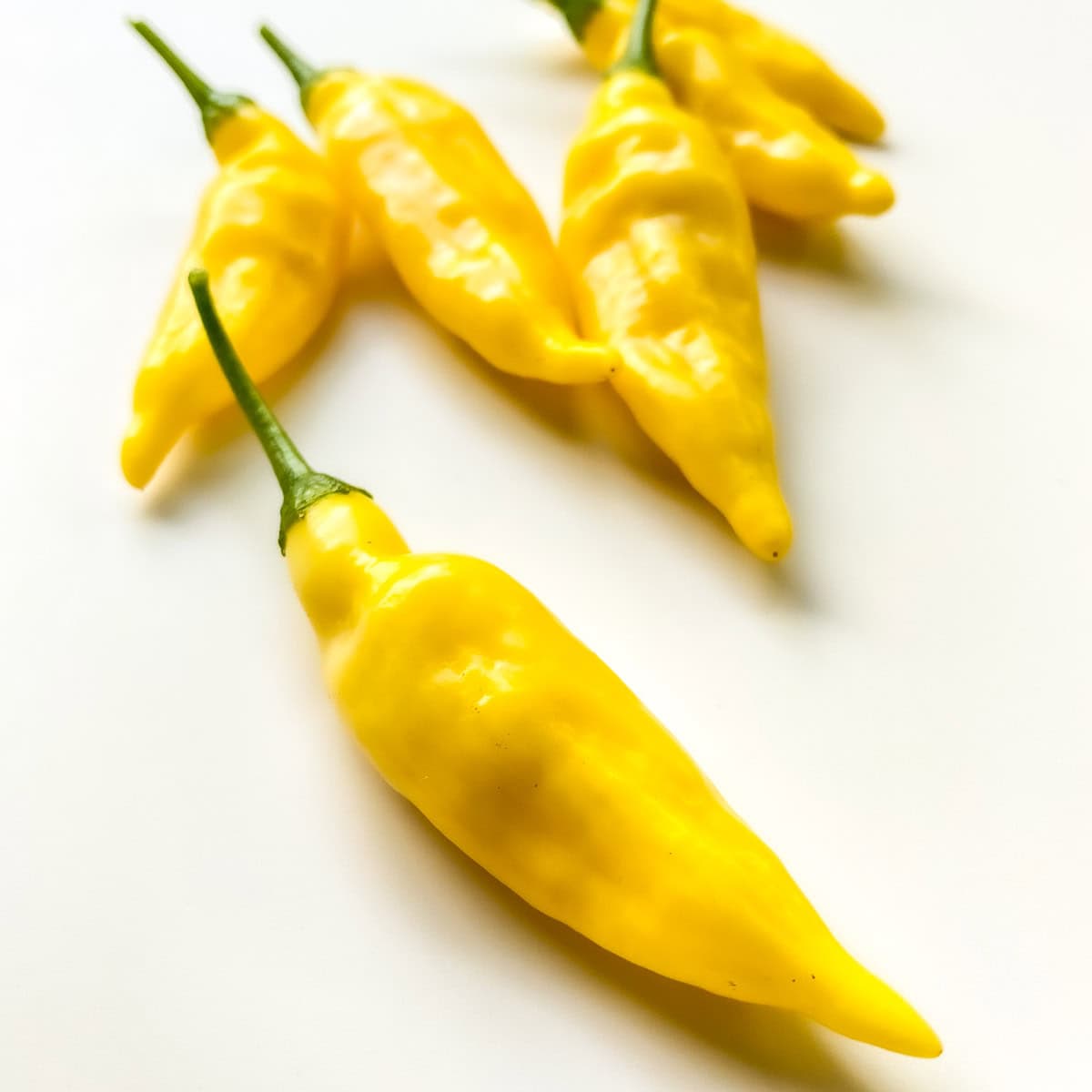
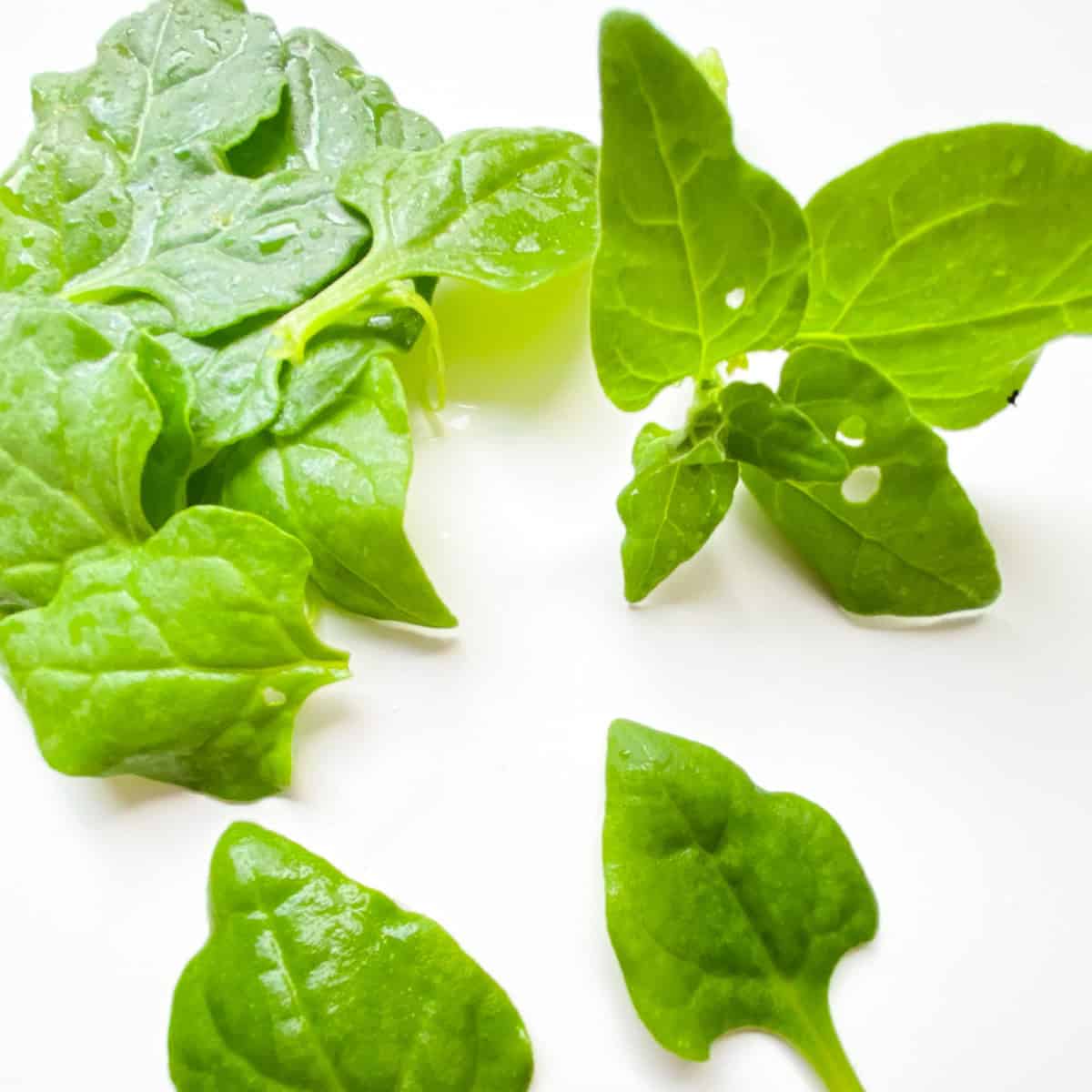
Interested in reading more about
Square Foot Gardening?
Read more in my Square Foot Gardening series:
Favourite resources
[Note: any of the methods, organizations, products, or companies mentioned in this post solely reflect my own personal preferences.]
Growing Things - Check out my ongoing series of posts detailing my journey into square foot gardening, and some of the herbs, fruits, and vegetables that I have grown.
Square Foot Gardening Foundation - Find out more about the method from the originators of this urban friendly and social justice oriented growing practice.
Seeds and seedlings
Farmacie Isolde - I adore this small scale seed vendor as much for the pleasure of reading their seed and plant descriptions as for the truly interesting and successful harvests I have been rewarded with from using their seeds. Favourite plantings in the past have included Golden Sweet Snow Pea, Romanesco Zucchini, Bear Necessities Kale, Cilician Parsley, and numerous unusual herbs.
Richters - If you love herbs, this place has the motherload. If you are ever in the neighbourhood or fancy a drive in the country, is it more than worth it to walk through their greenhouse and become acquainted with hundreds of types of herbs, many that you may have never even heard of. Their catalogue contains a huge range of herbal and medicinal seeds, as well as a selection of interesting vegetables and fruit seeds. They also sell plant starts which I have yet to try.
Urban Harvest - This local vendor carries organic seeds for vegetable gardening essentials and also produces plant starts in the spring.
West Coast Seeds - This Canadian vendor supplies a huge range of organic and heirloom seeds, as well as handy planting charts for zones across Canada. I look to this source for regular repeat plantings and new and interesting varieties to try each year. Favourite plantings in the past have included Masai Bush Beans, Mini Purple Daikon, Hakurei Turnip, Ethiopian Kale, and numerous other varieties.
Wheelbarrow Farm - An an organic vegetable farm in Ontario that sells fantastic organic seedlings each spring, directly from their farm and at various locations in and around the Toronto area.
Soil
Pure Life Soil - This soil vender in the GTA region (formerly Pagonis Soil) is where I have sourced my high quality organic soil mix since the beginning of my gardening journey. This soil was recommended to me by other growers when I got started, and I'm still using this soil regularly 9 years later and counting. If you aren't in the GTA area, you can still check out their soil mixes as a guide to searching for something similar in your region.
Working with Pure Life Soil has helped me to understand that healthy soil isn't just dirt—it's a thriving community of helpful microbes, fungi, and worms that work together to feed plants naturally and improve soil biology. I'm proud to use Pure Life Soil and be part of the growing movement that sees soil health as the foundation for better gardens, farms, and a healthier planet.
Community
Farmers Markets - A wonderful source of seedlings or plant starts for gardeners in the spring and summer. I’ve learned quite a bit about various crops and have been inspired to grow new varieties by chatting with farmers at my local market, one of over 180 across Ontario.
Toronto Urban Growers - a community oriented organization that supports the efforts of urban food farmers at whatever scale. They hold information events, showcases and local growing competitions which are fun to view and enter. Your town or city likely has a similar organization nearby.
Seed Saver organizations - there are dozens of grass roots seed saving organizations around the world where you can find, exchange, or donate heirloom seeds. Use this list as a starting point or simple google 'seed savers + your country of residence' to see what is available in your region.
Seeds of Diversity - This Canadian organization dedicated to the protection and preservation of heirloom and endangered food crops is a wonderful source of information for gardeners. They they also organize ‘Seedy Saturdays’, a series of events that facilitate seed swapping between home growers.
Wherever you live, seed swaps are a great place to get and give seeds for free, making it easier to diversify your crops, keep heirloom varieties alive, give back to your local growing communities, and make use of extra seeds so that they don’t go to waste. This organization also produces handy resources and information about saving seeds from your own garden.
Curious to learn more about growing things?
Read more about edible plants that you might enjoy in your garden:

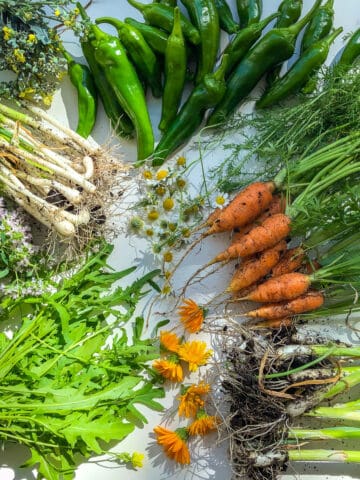
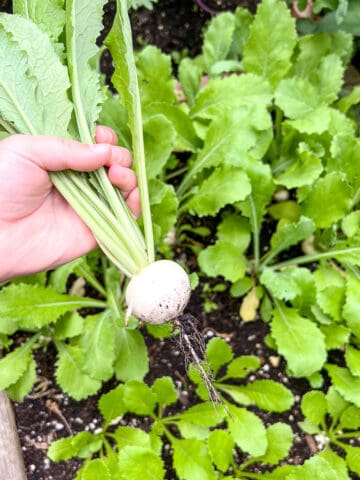
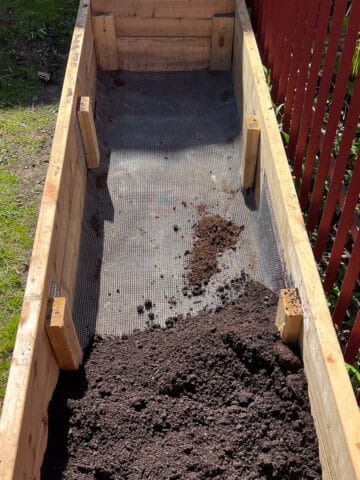
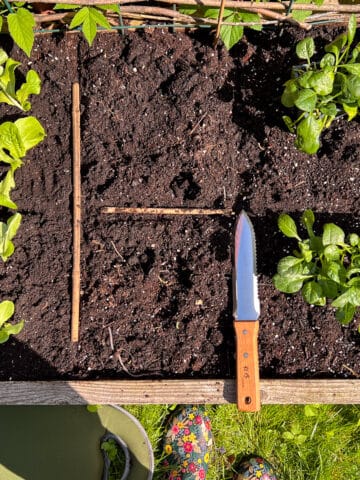
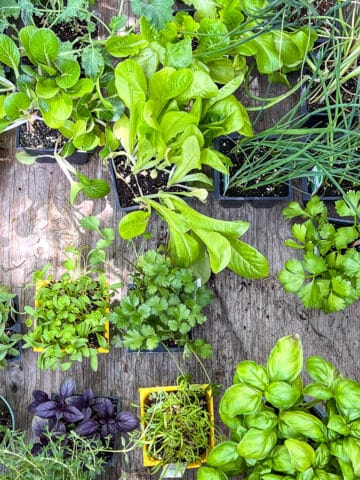
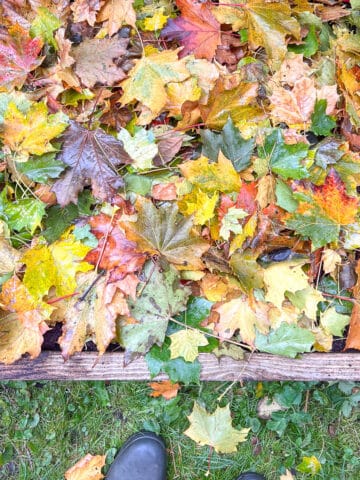
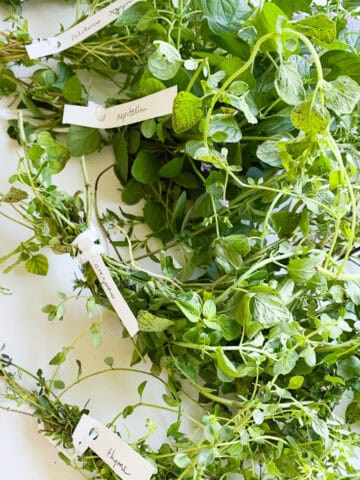
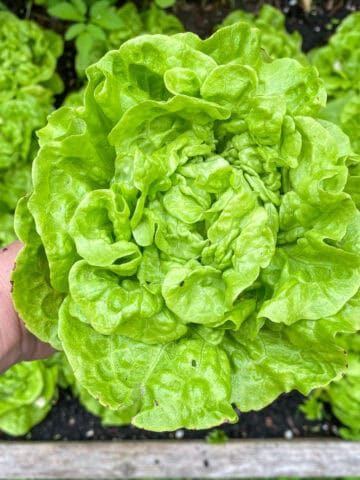
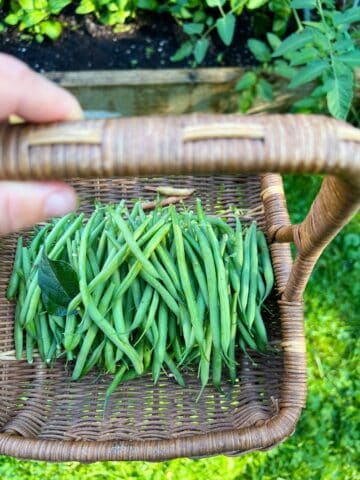
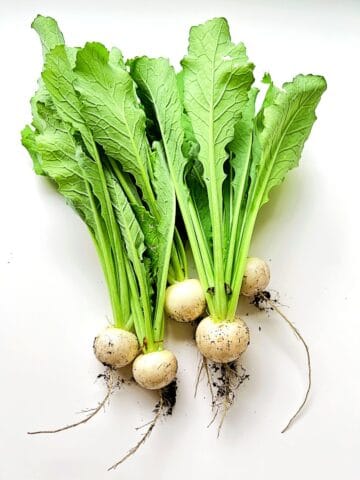
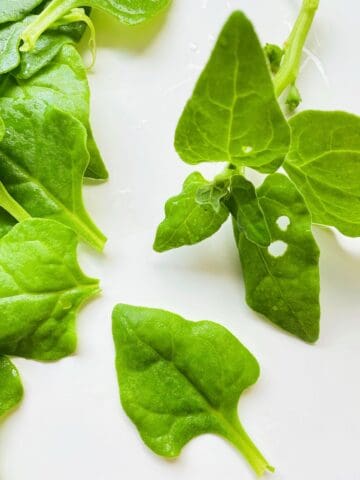
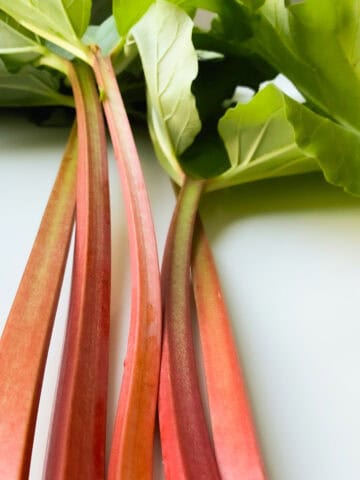
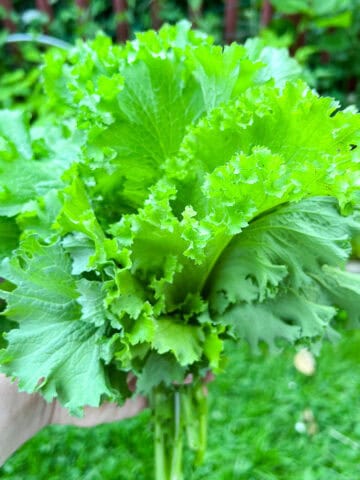
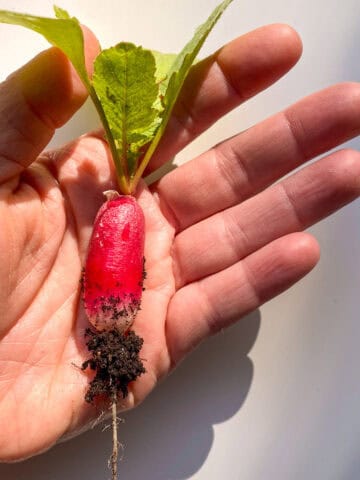
Leave a Reply